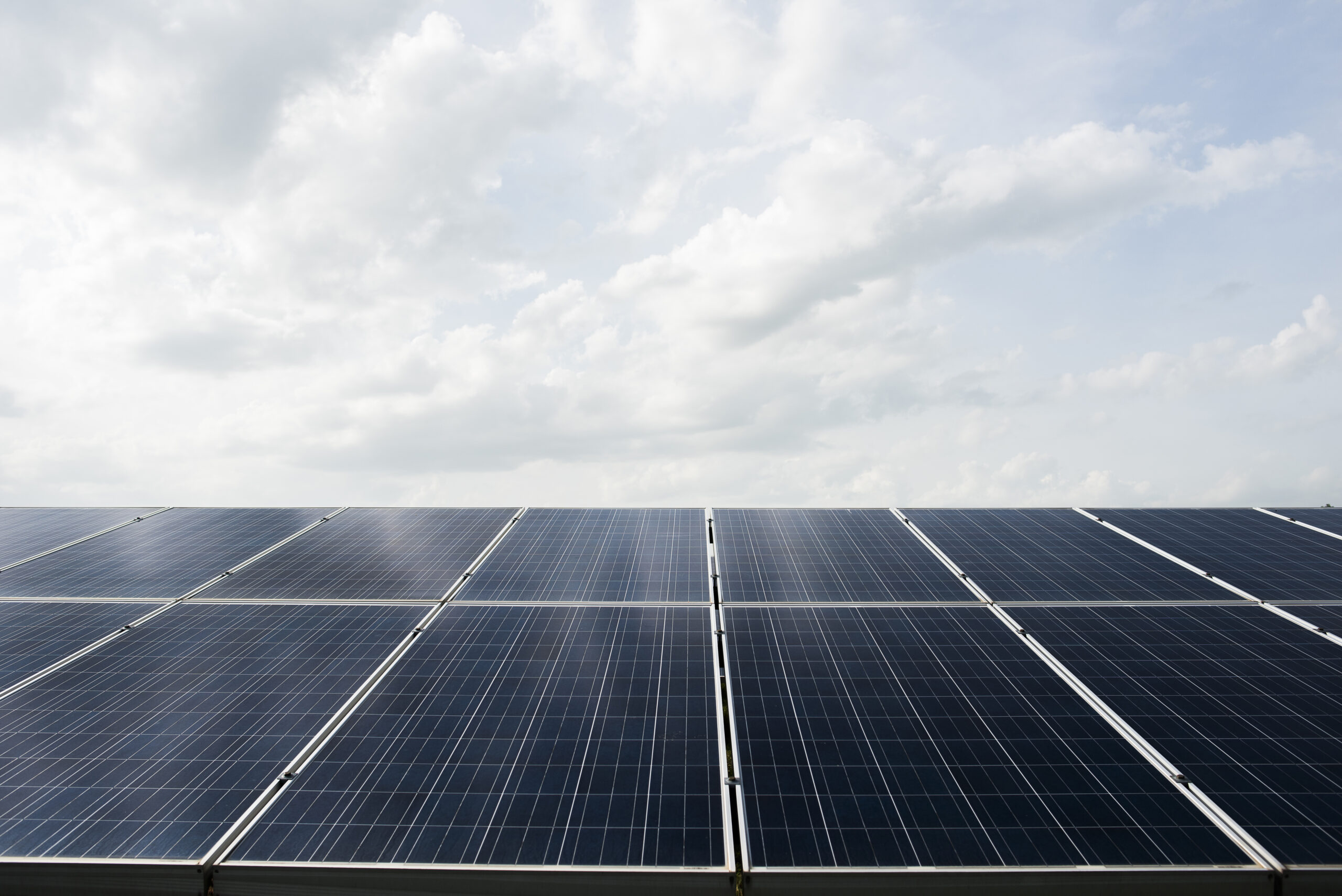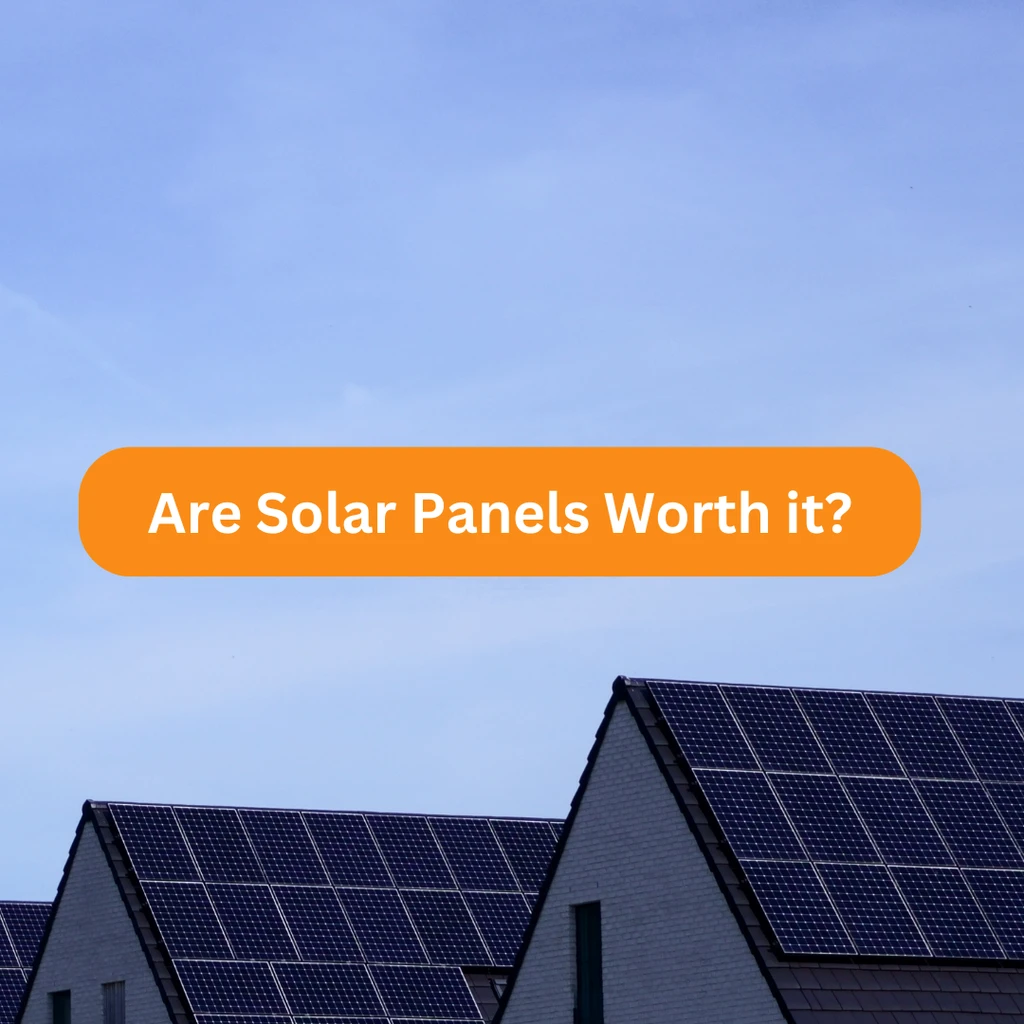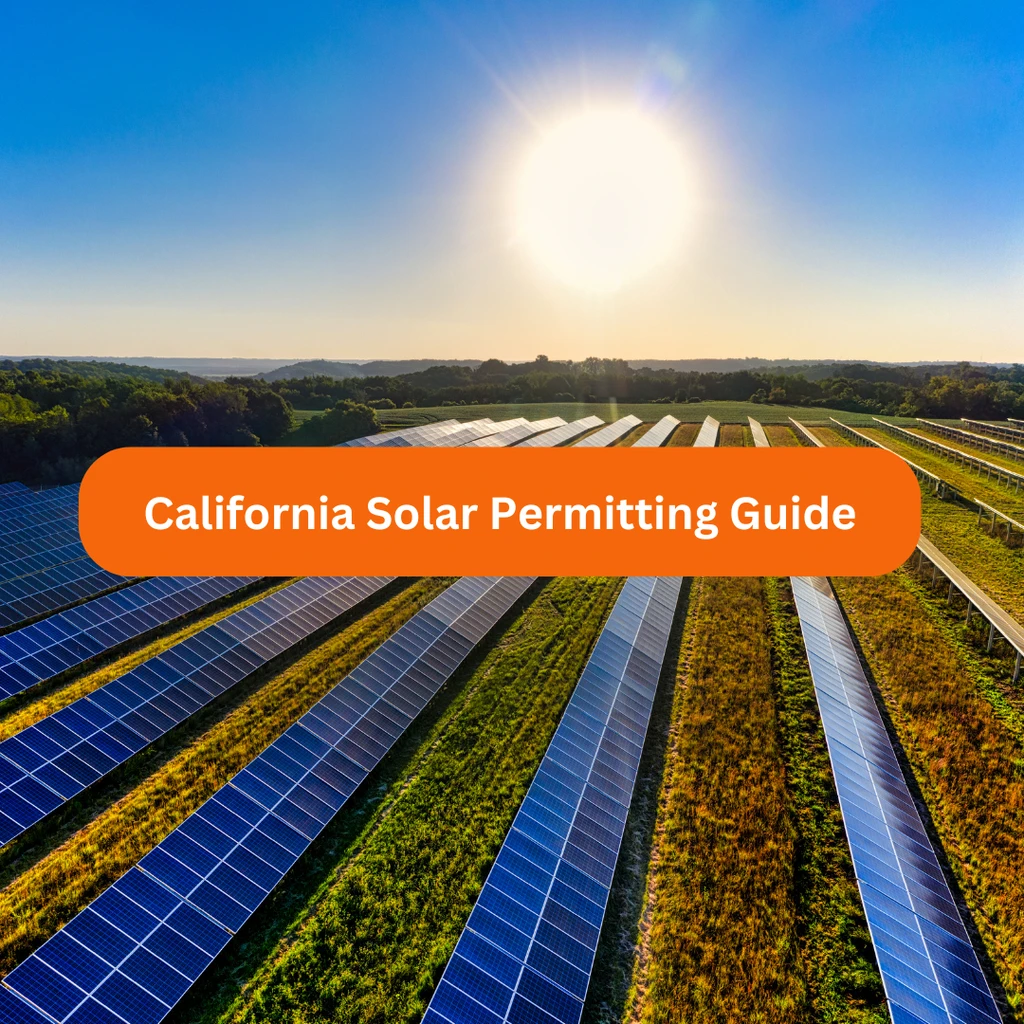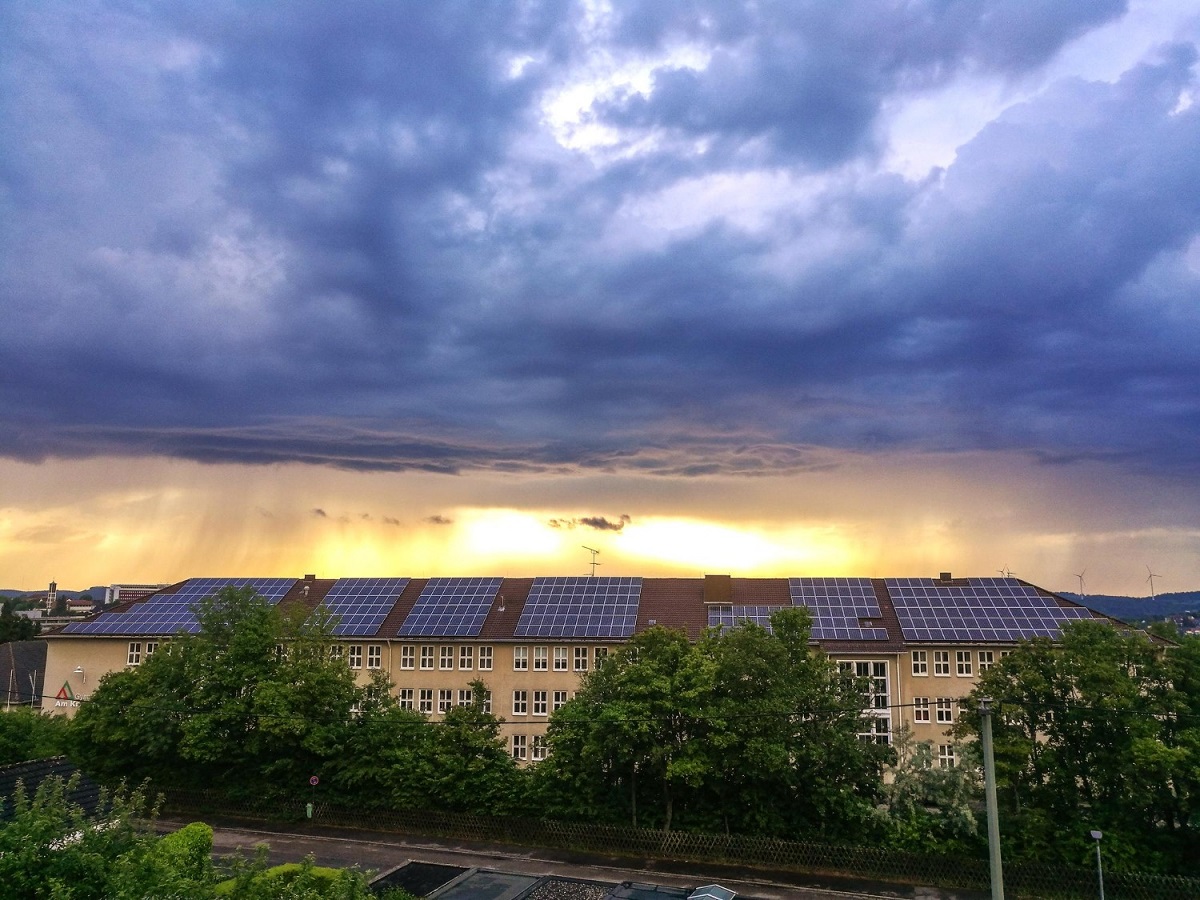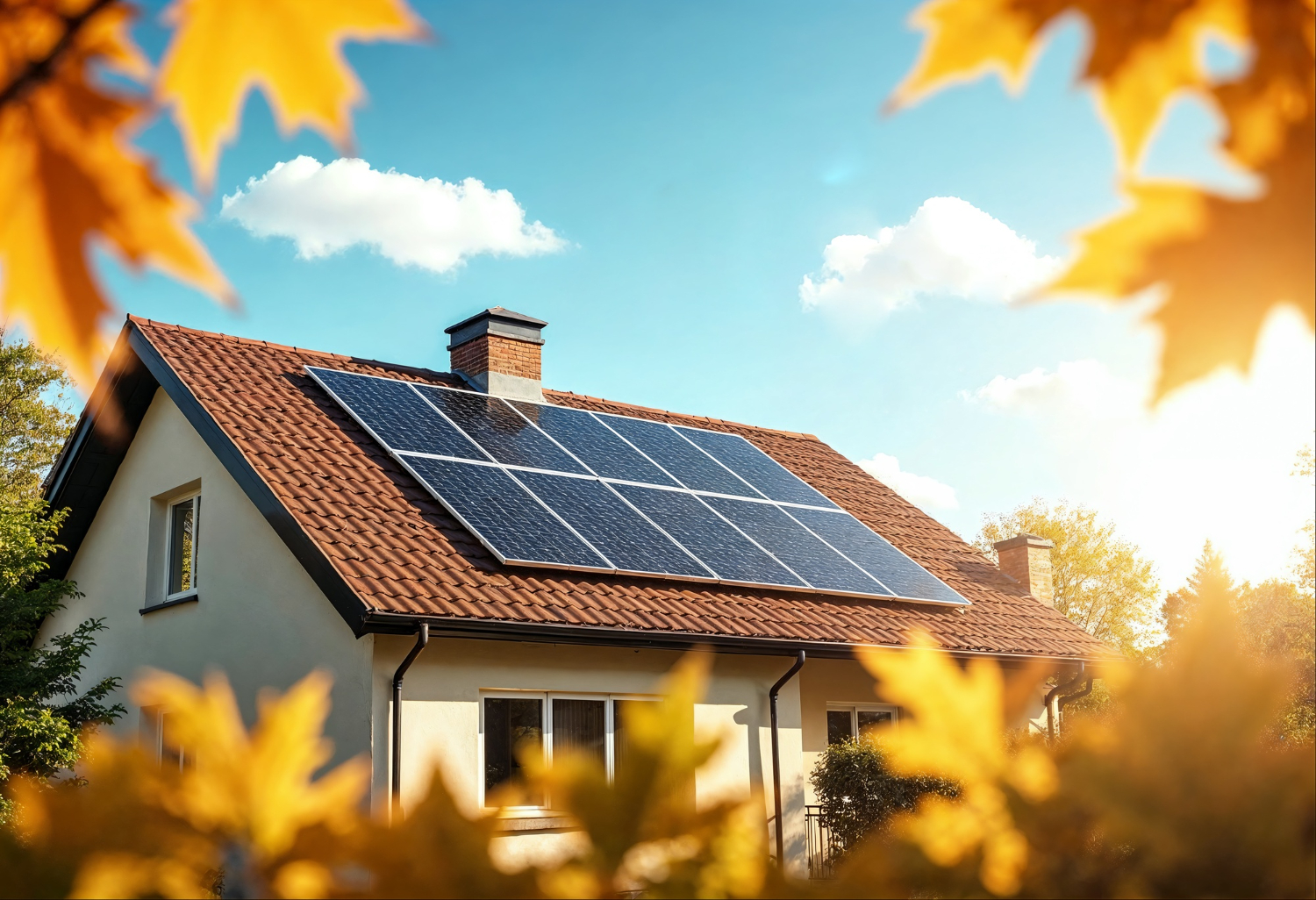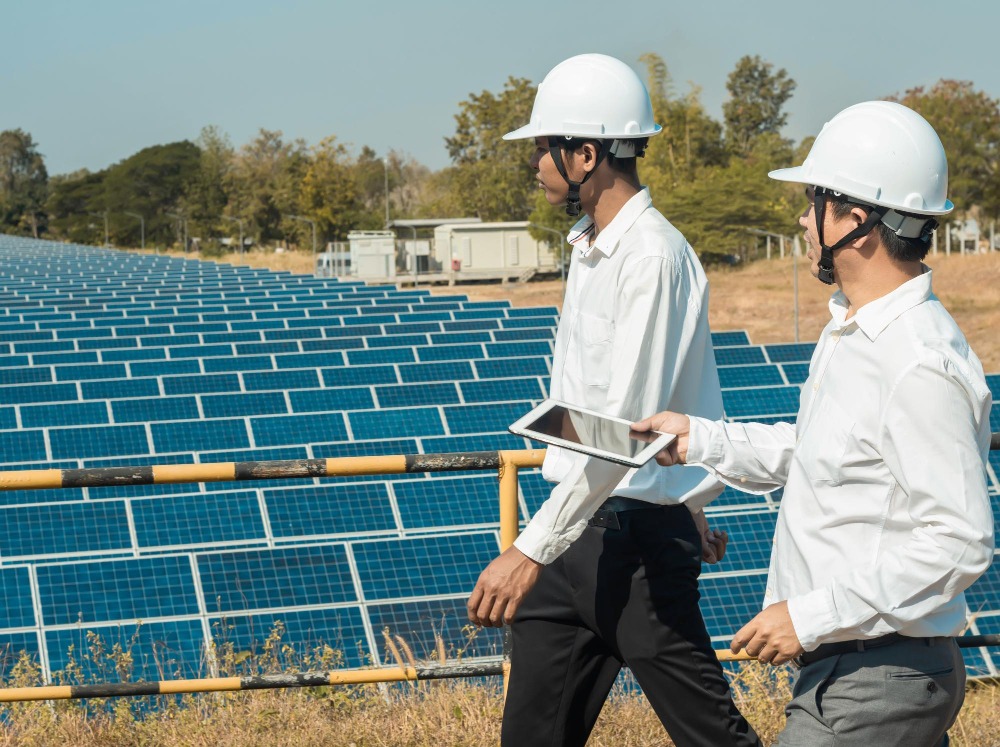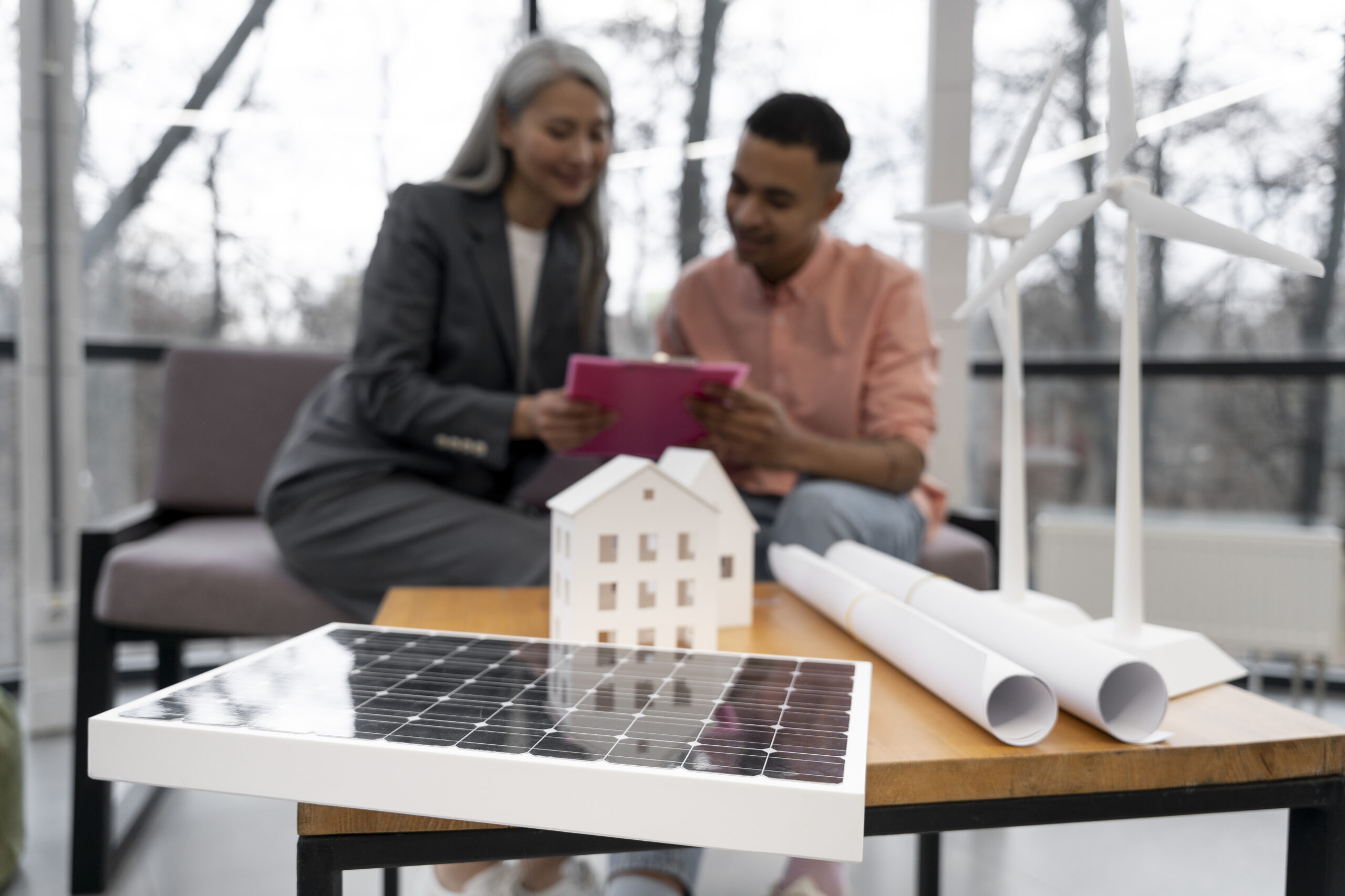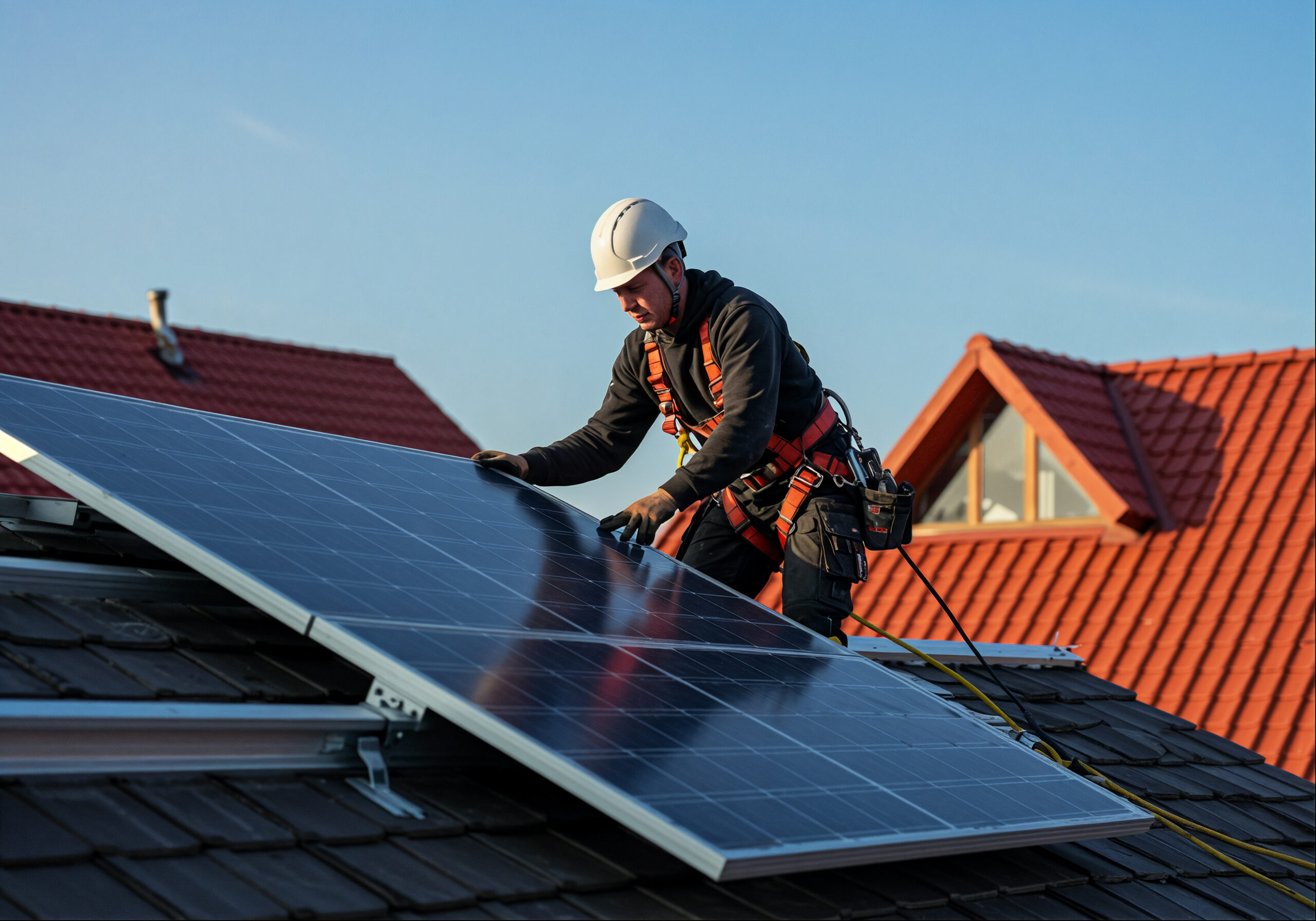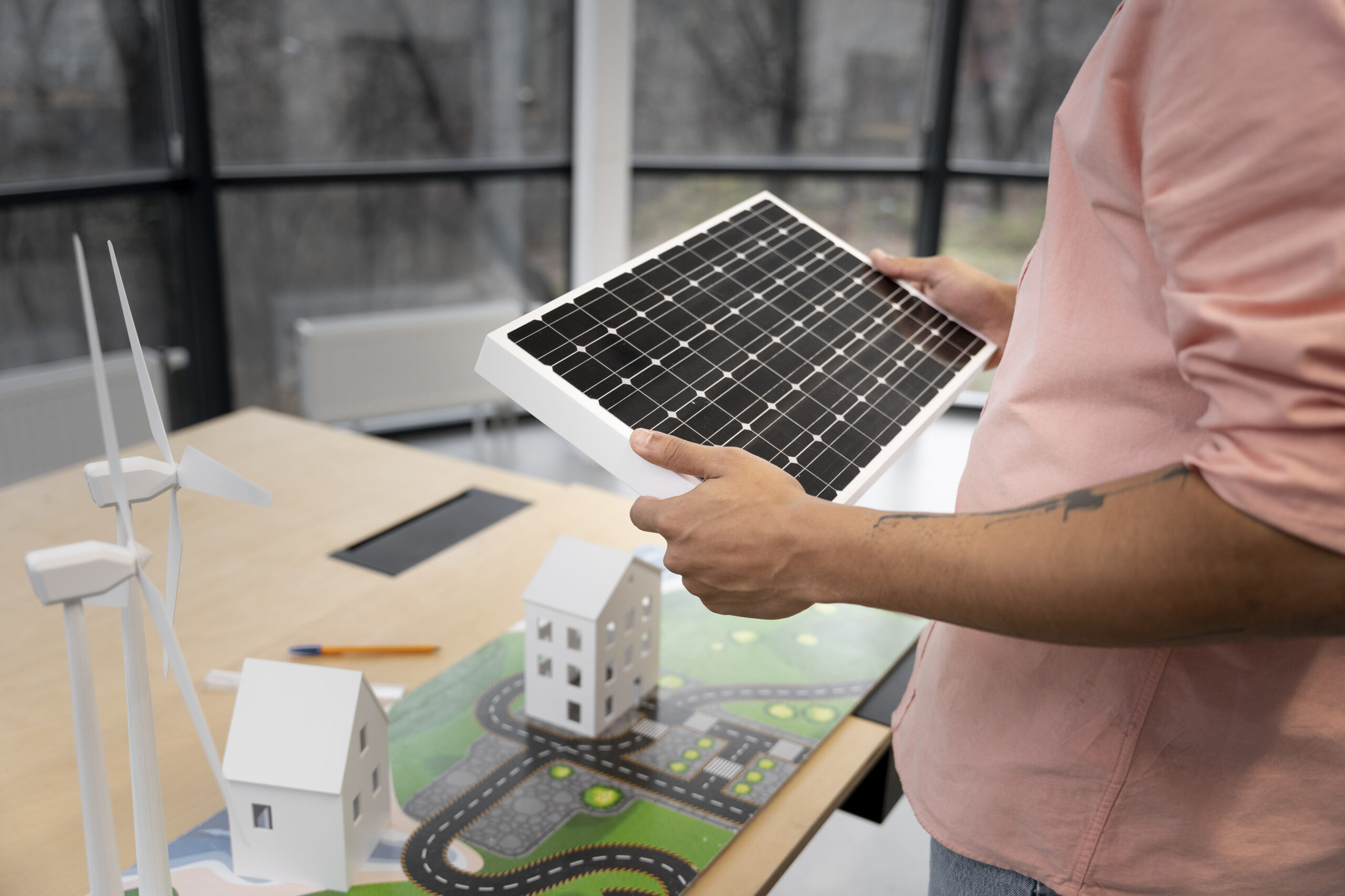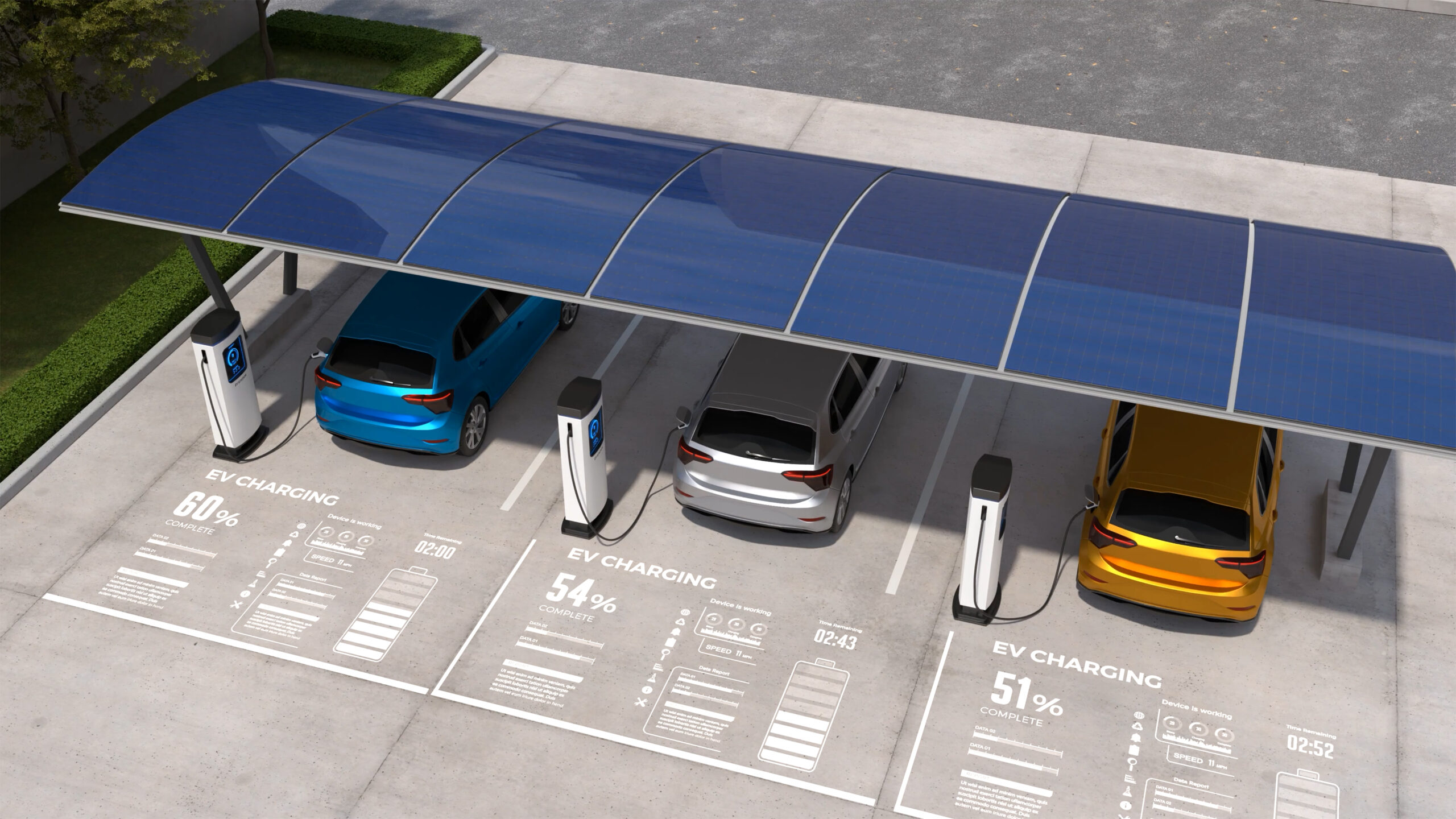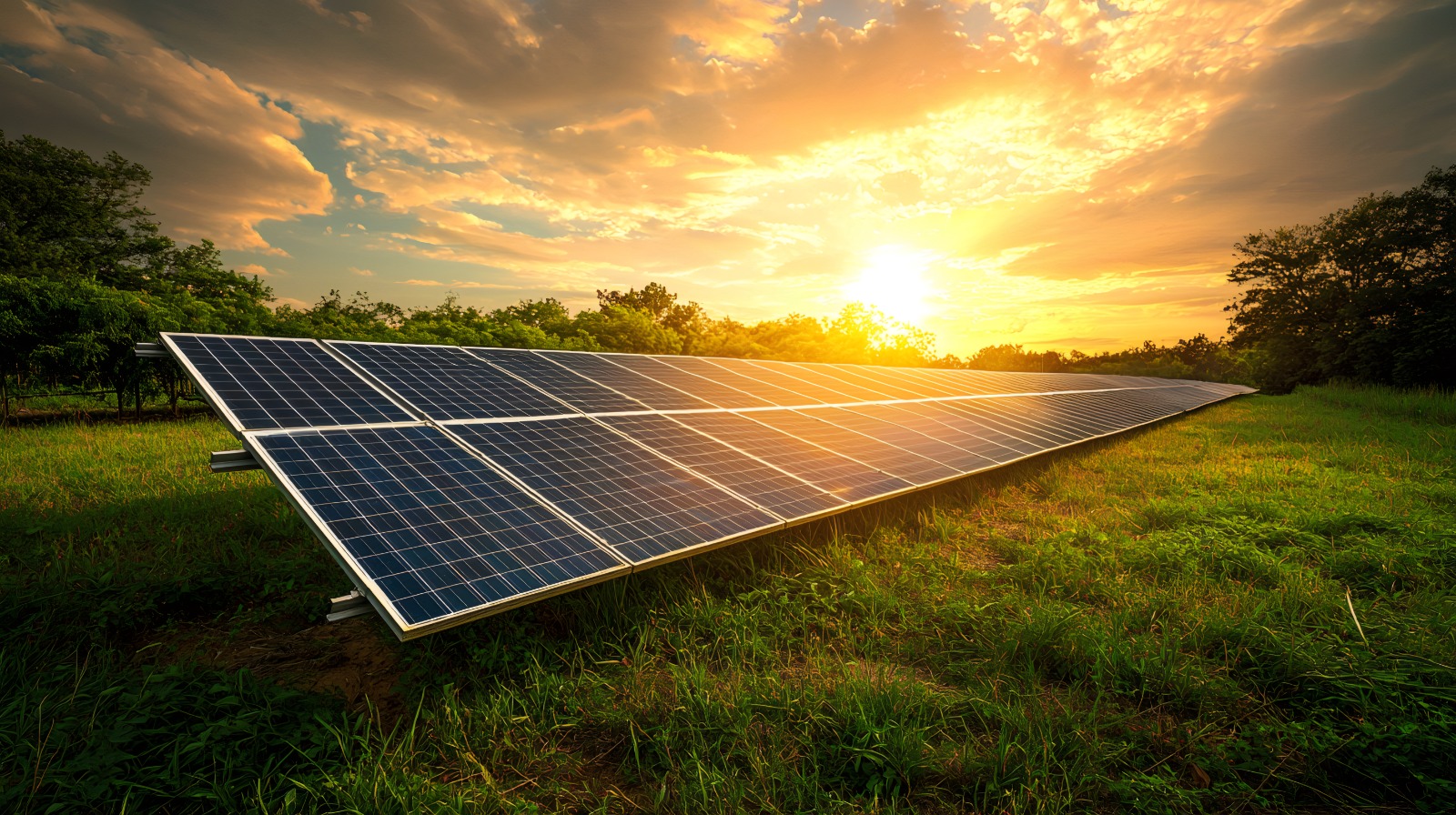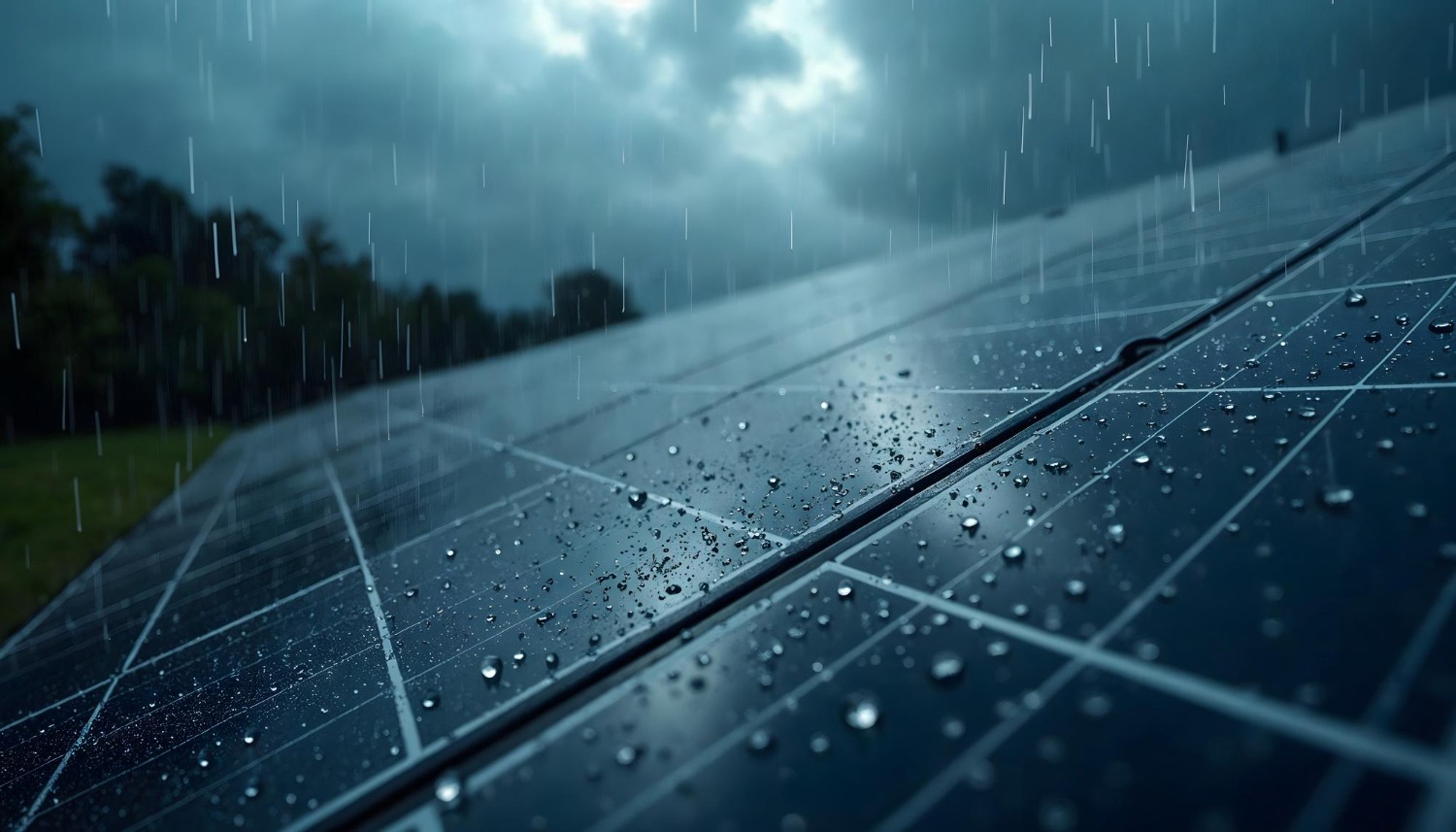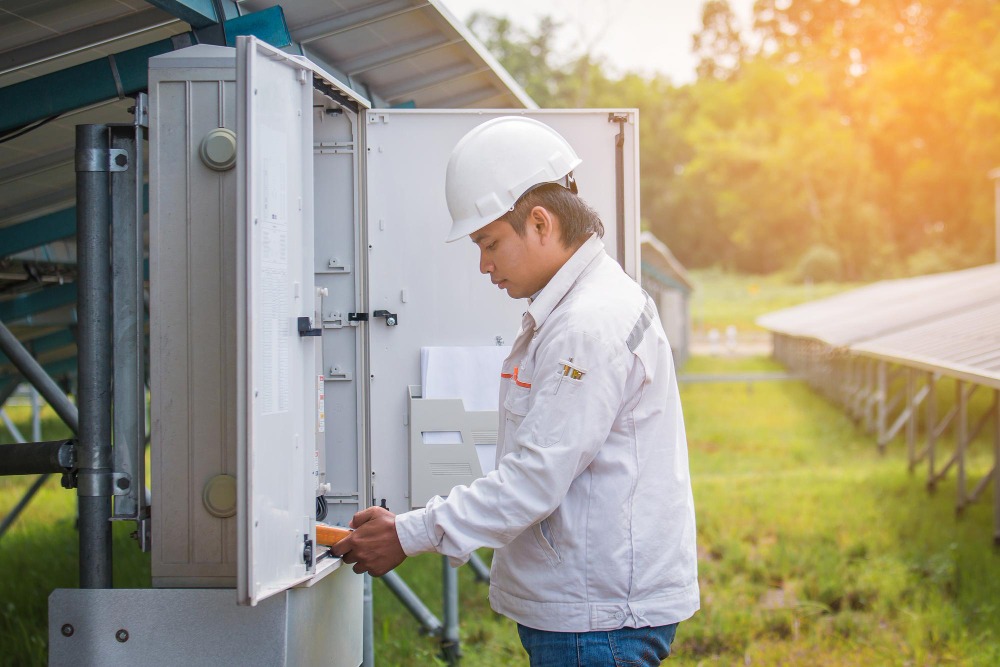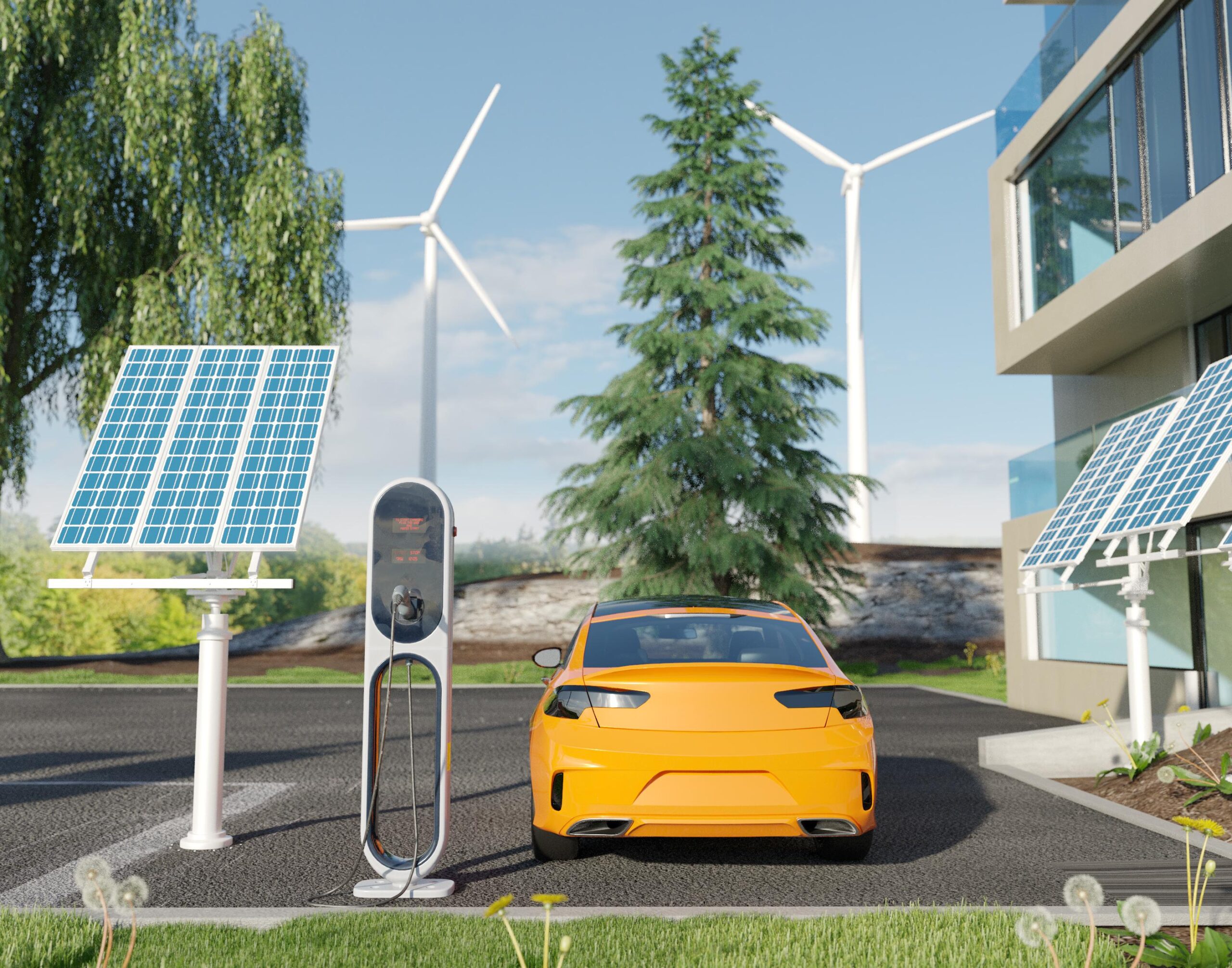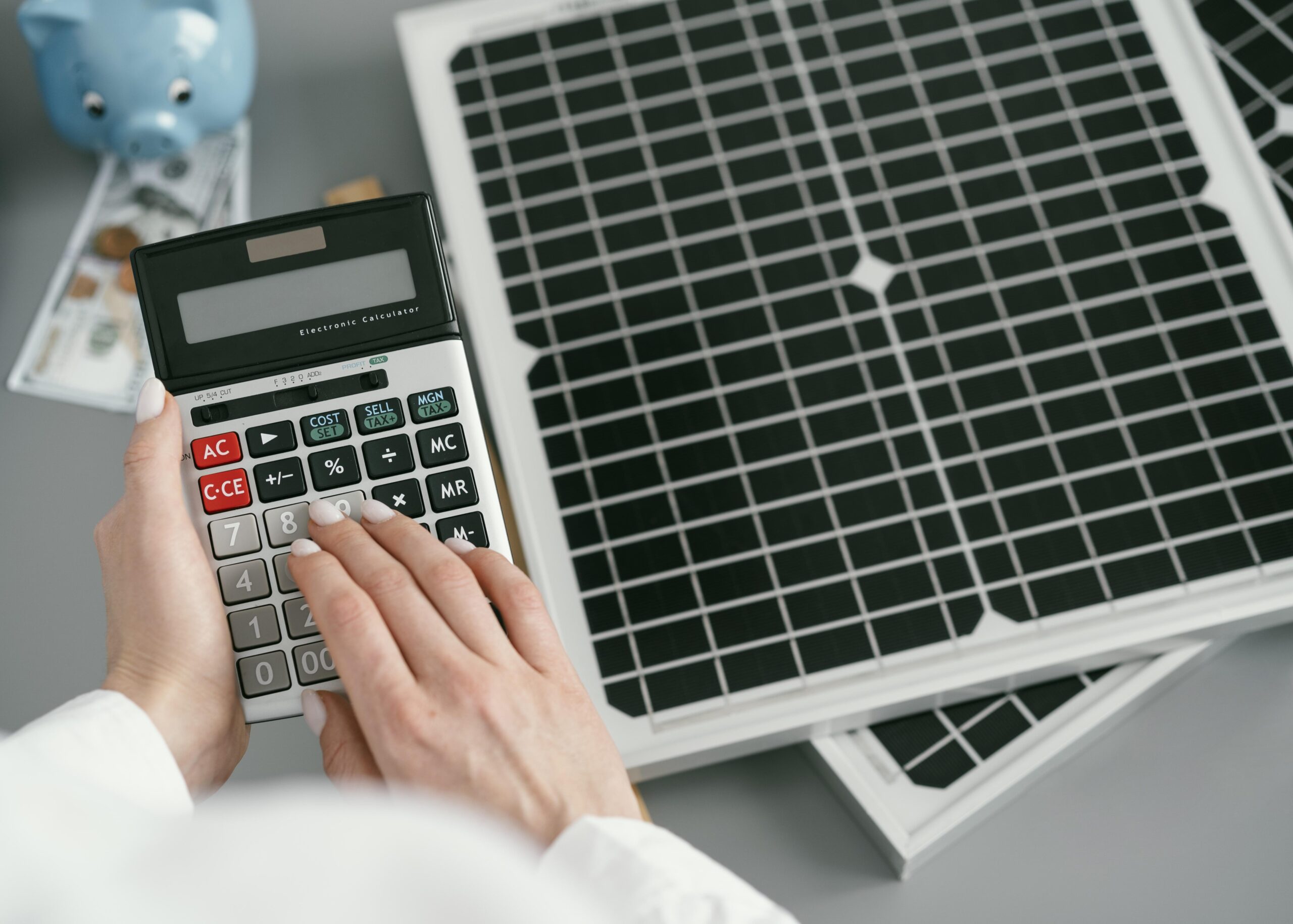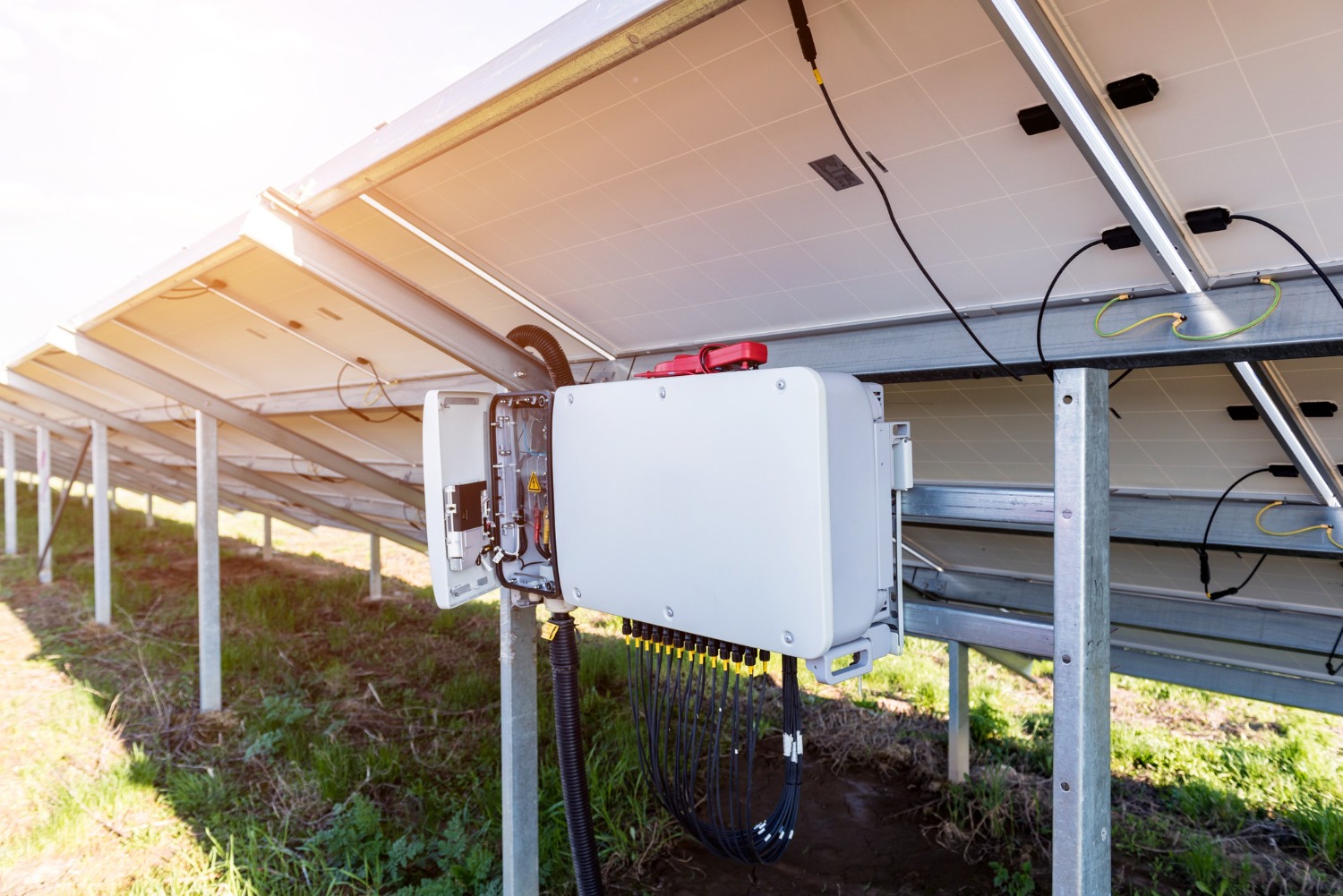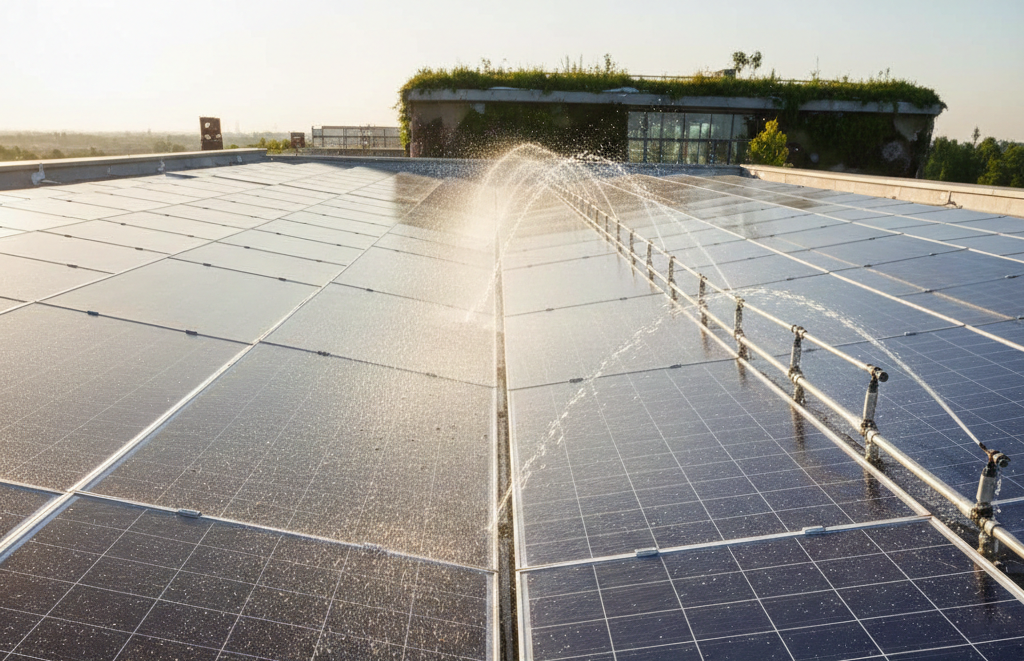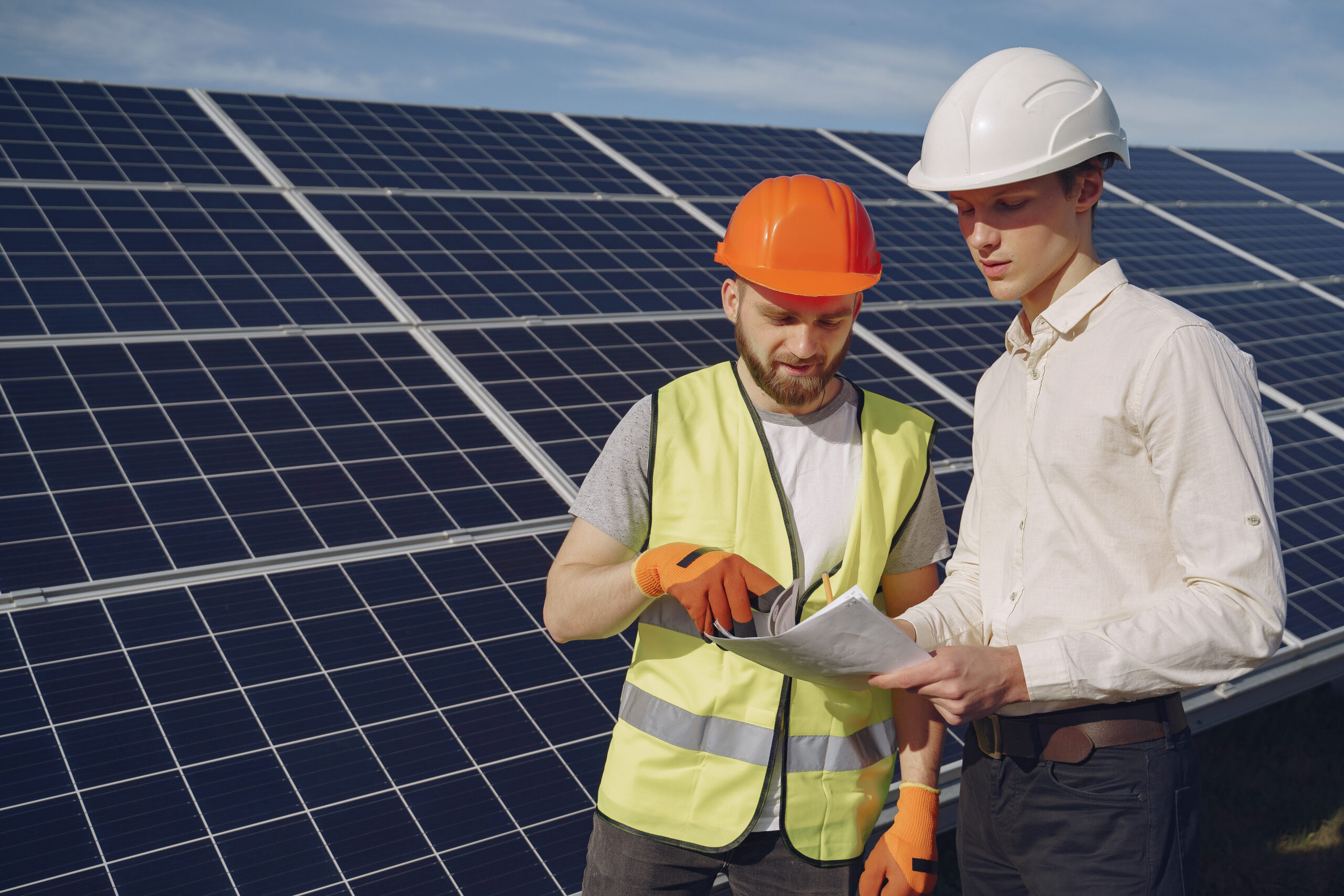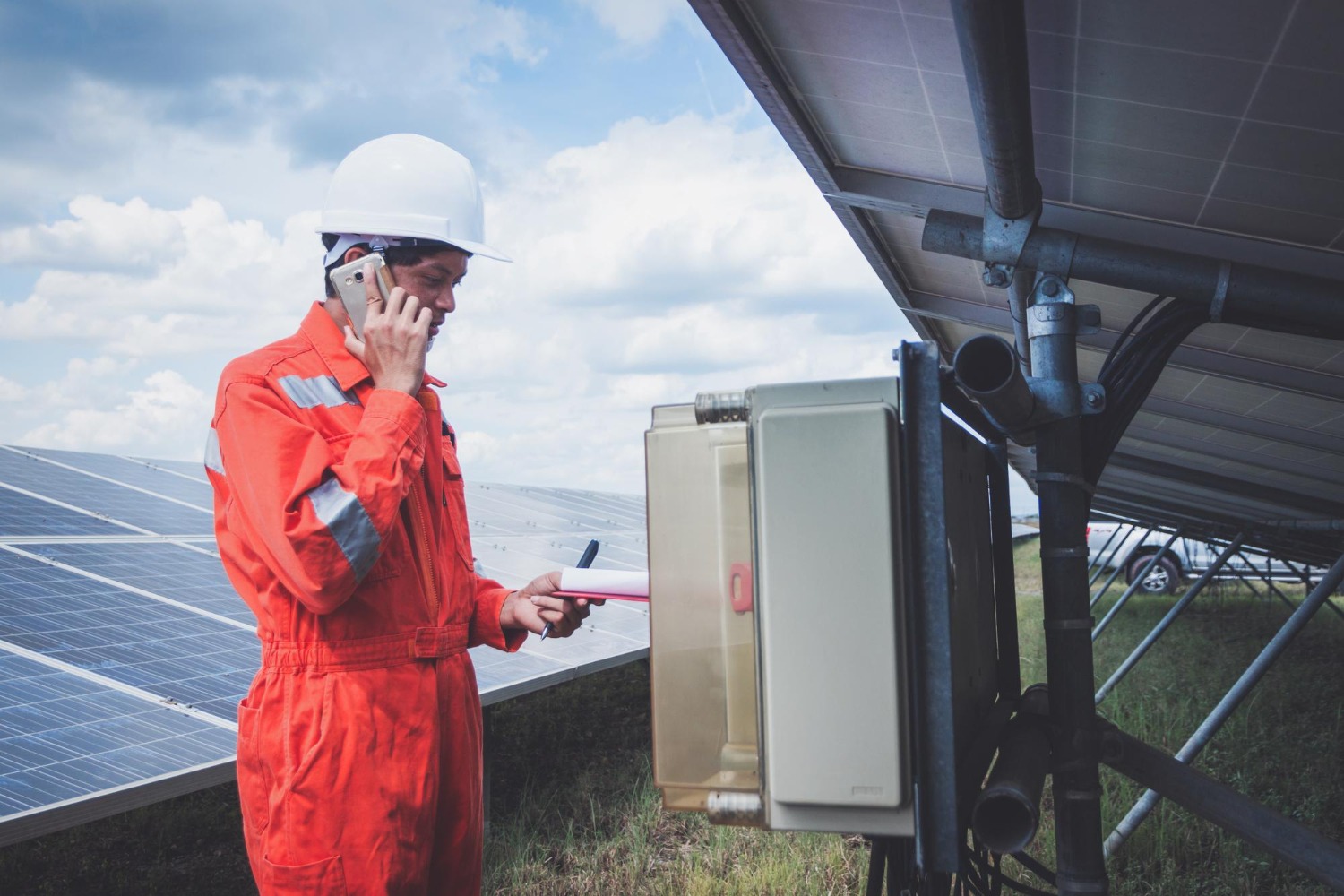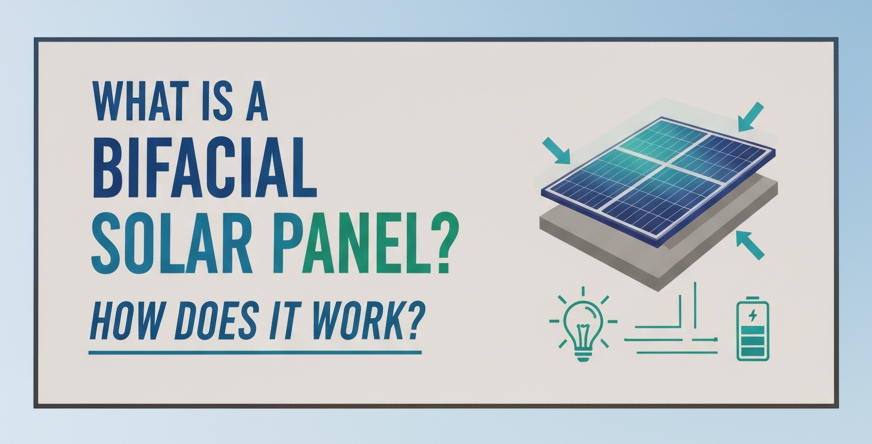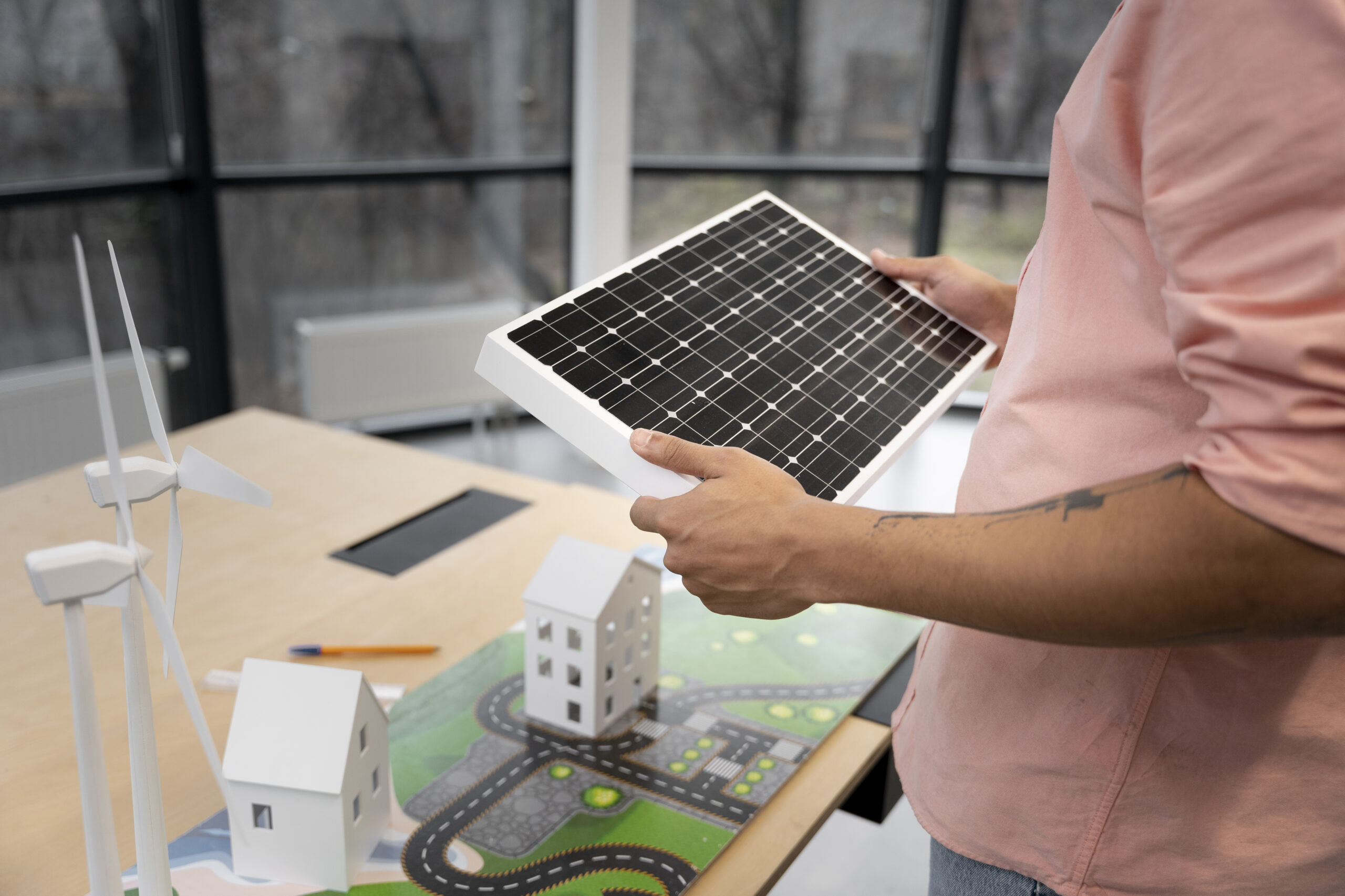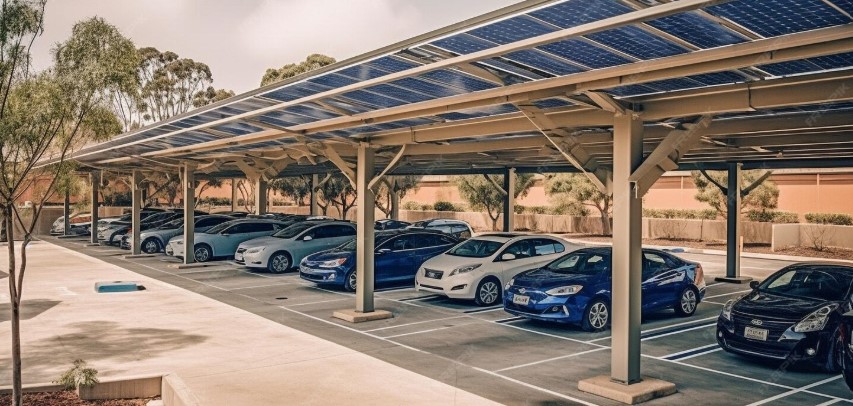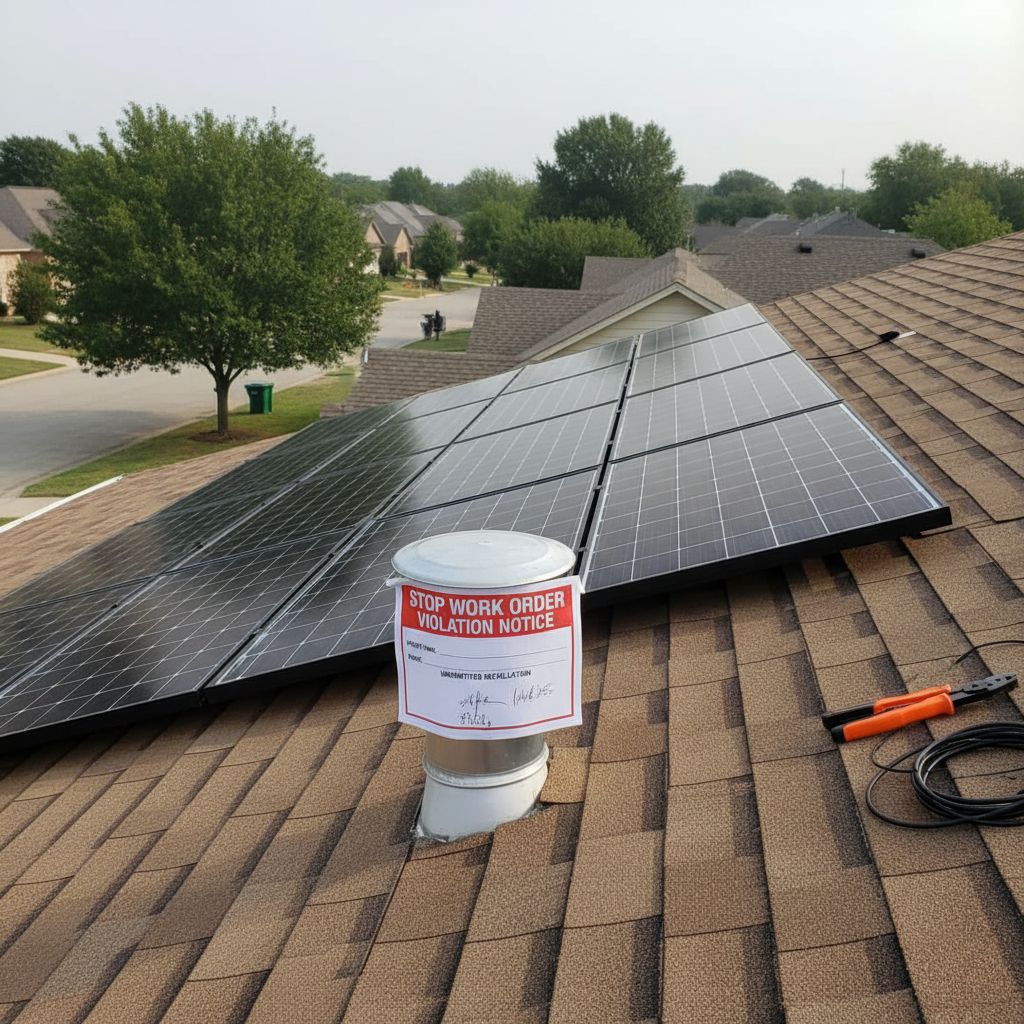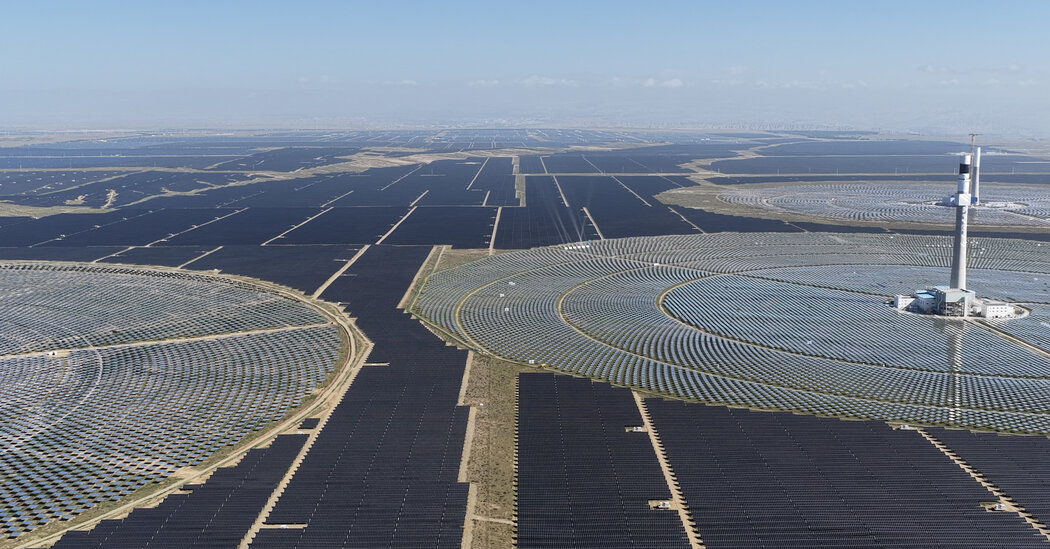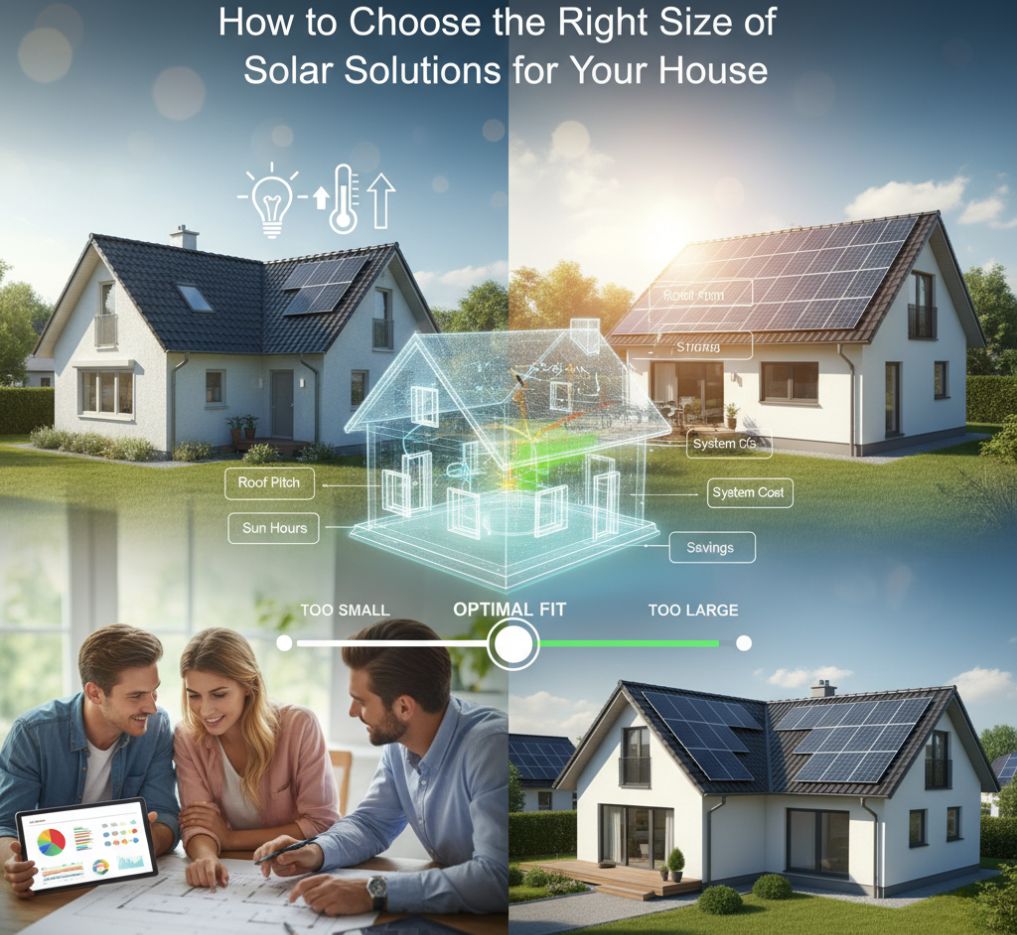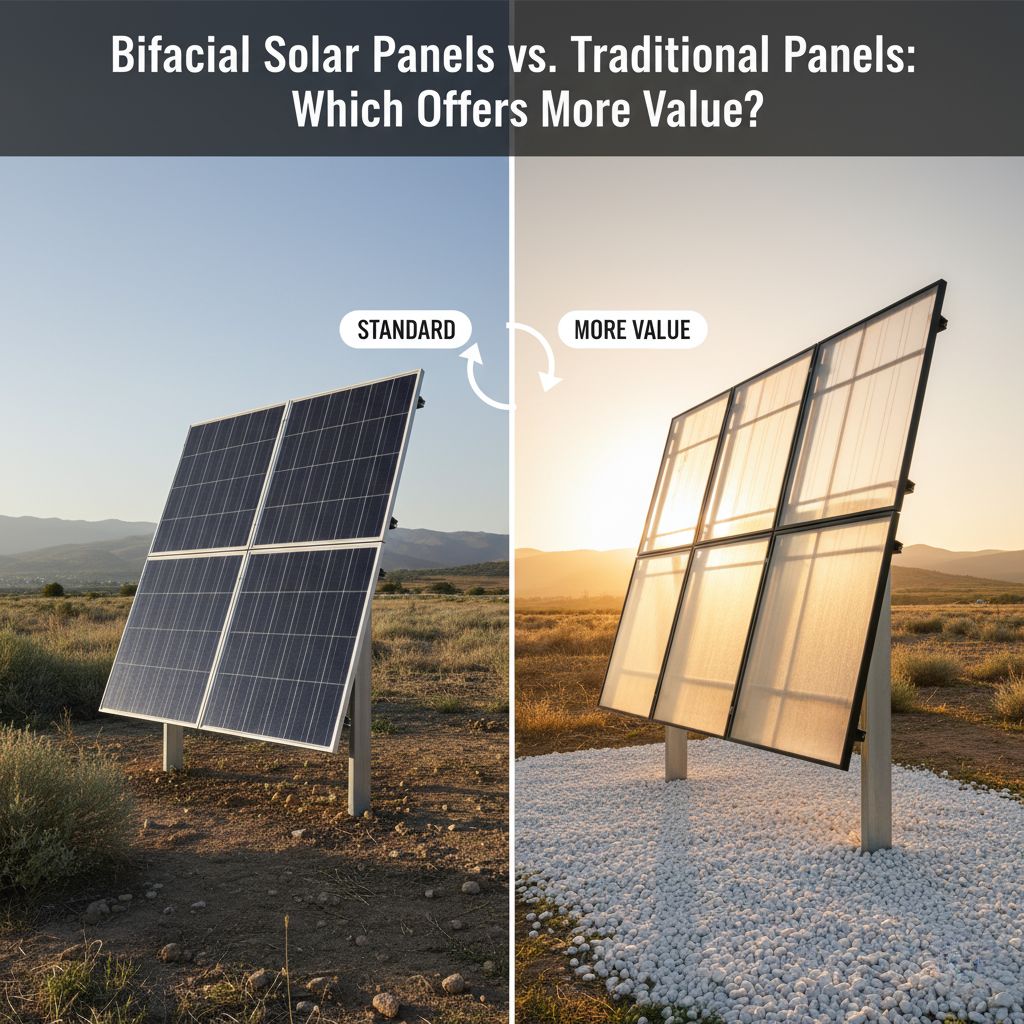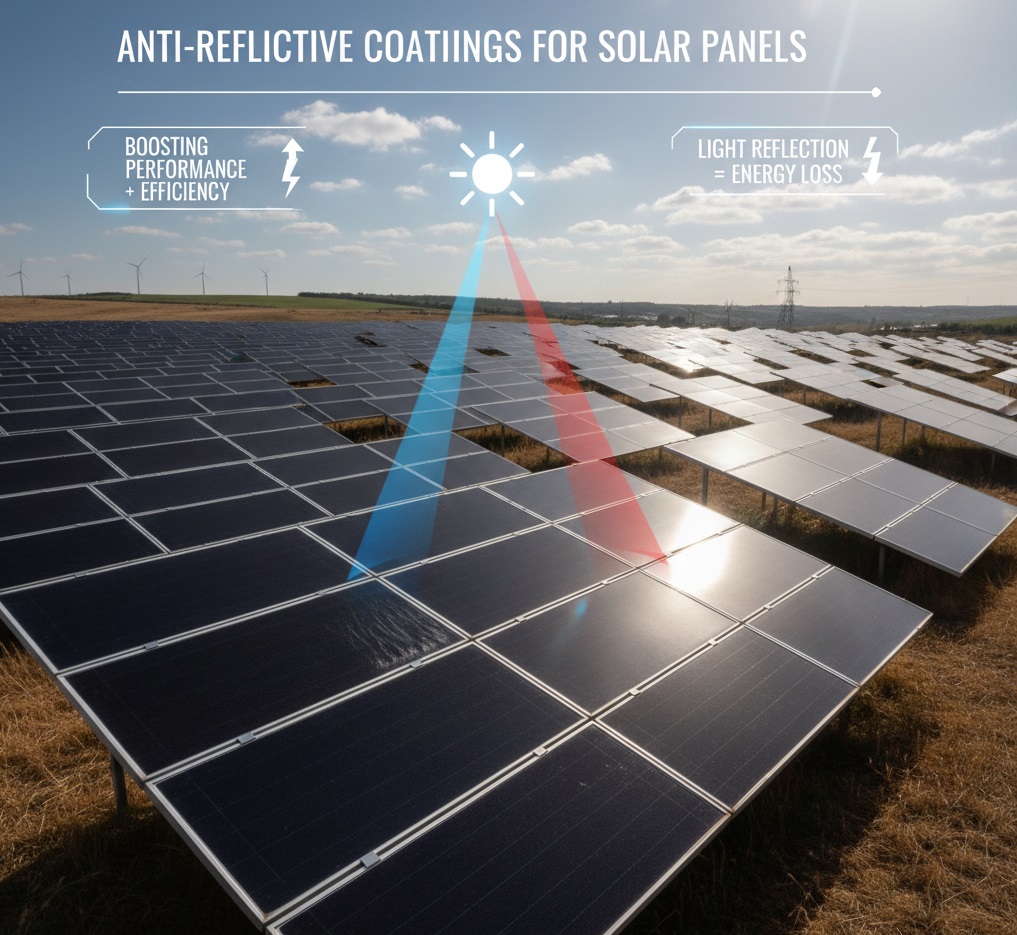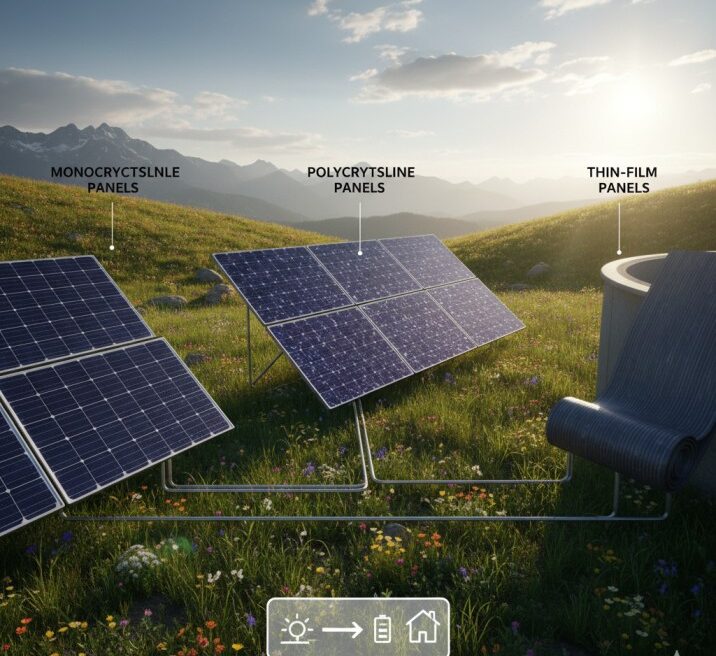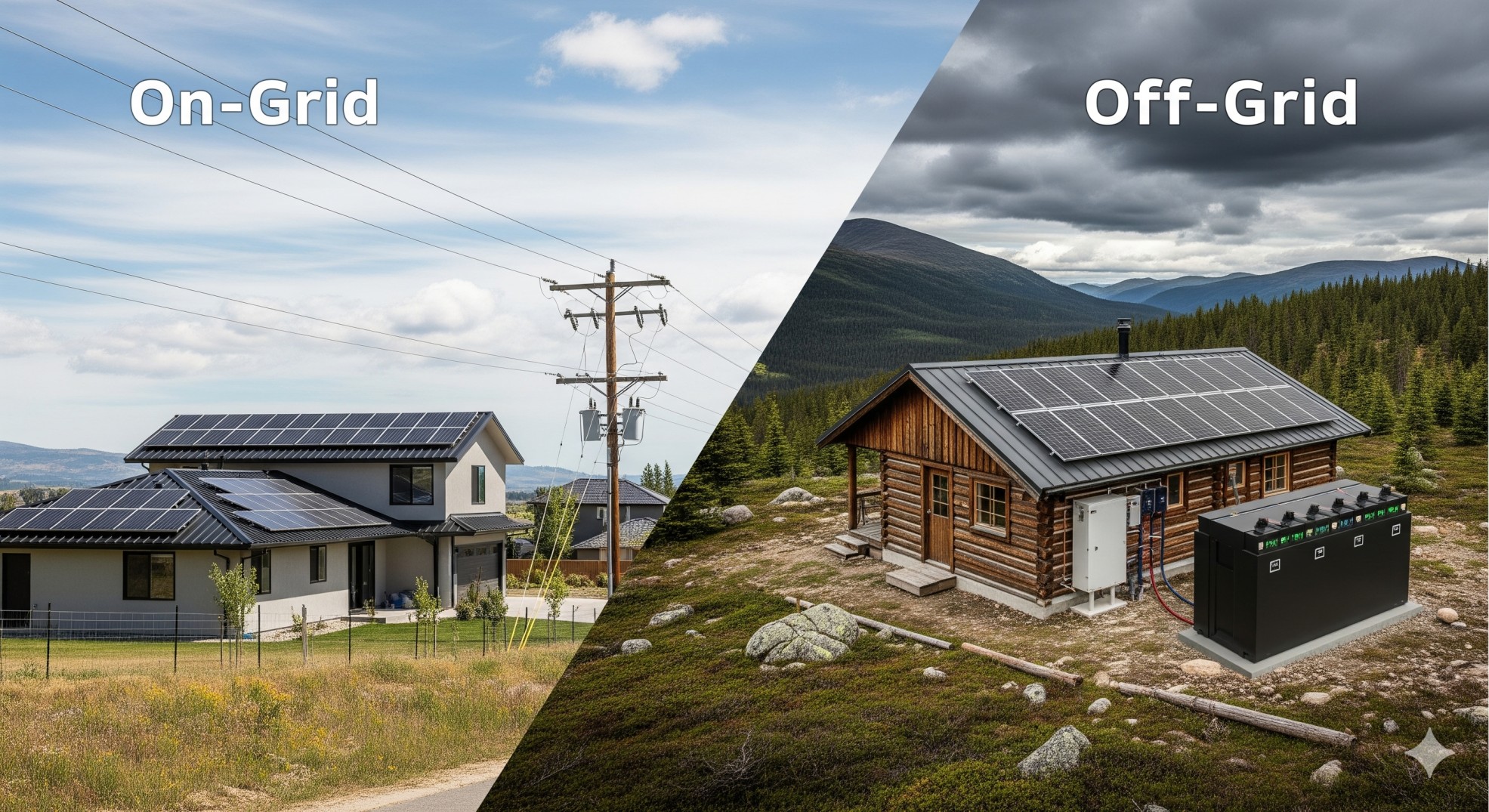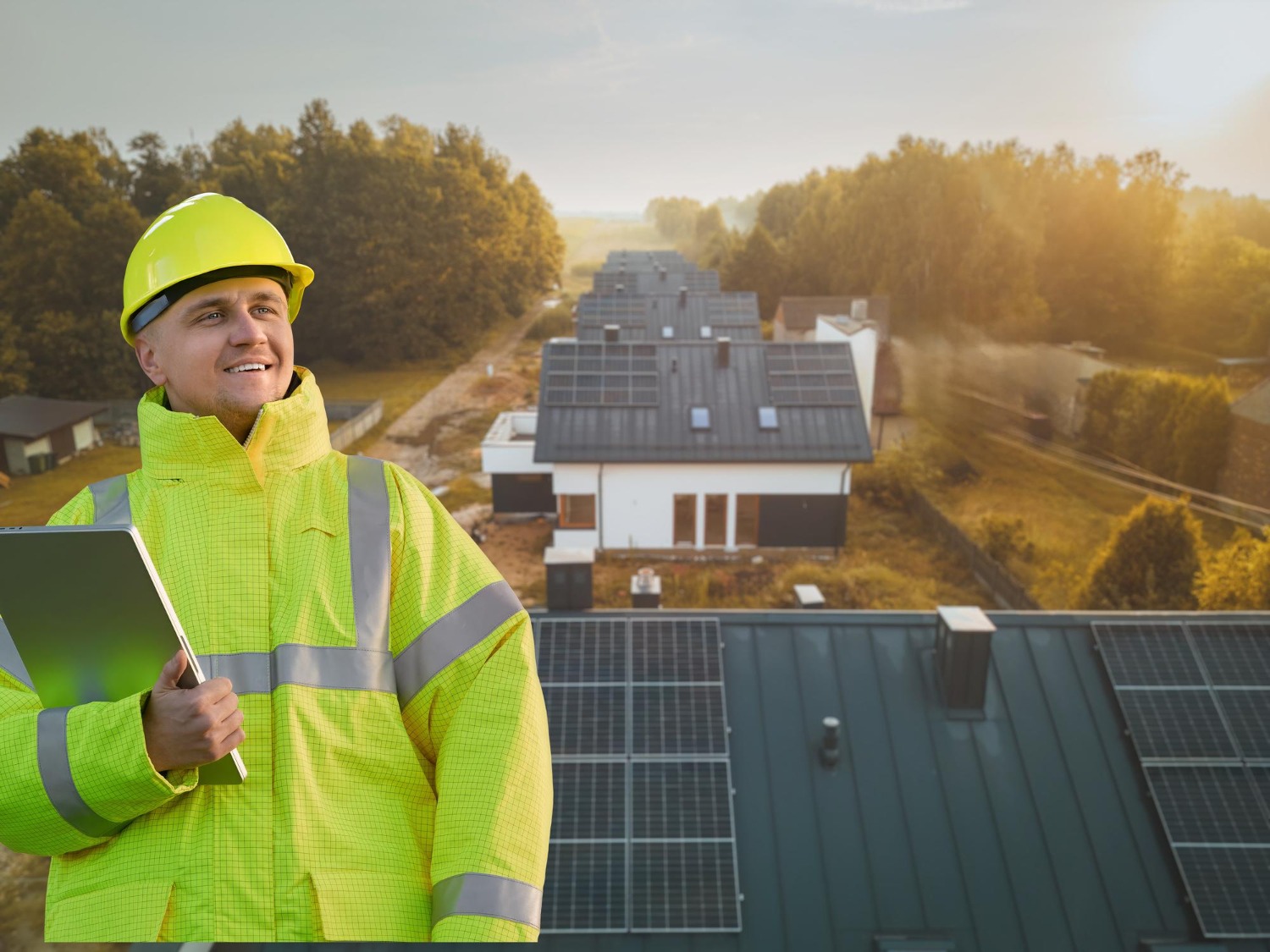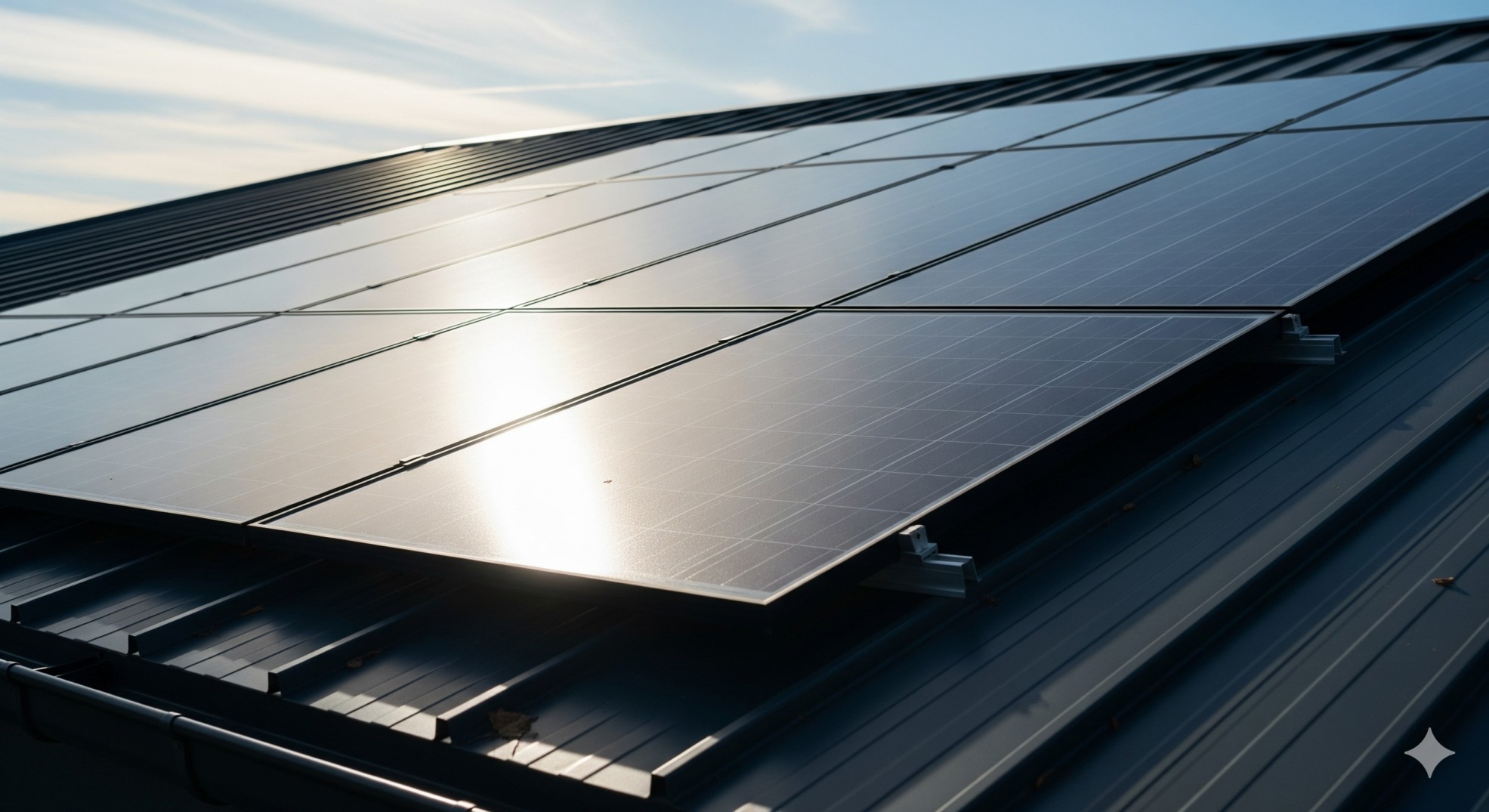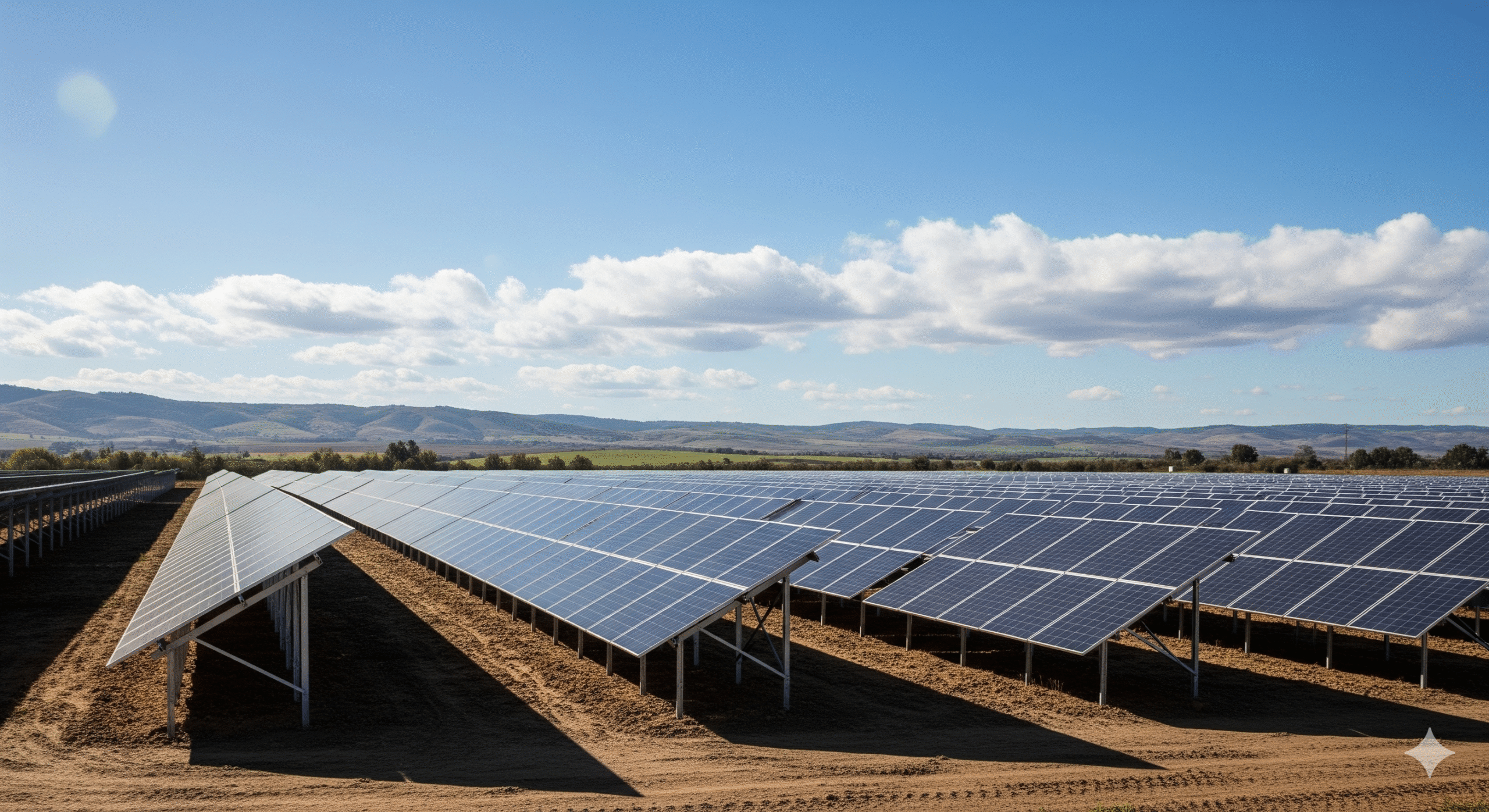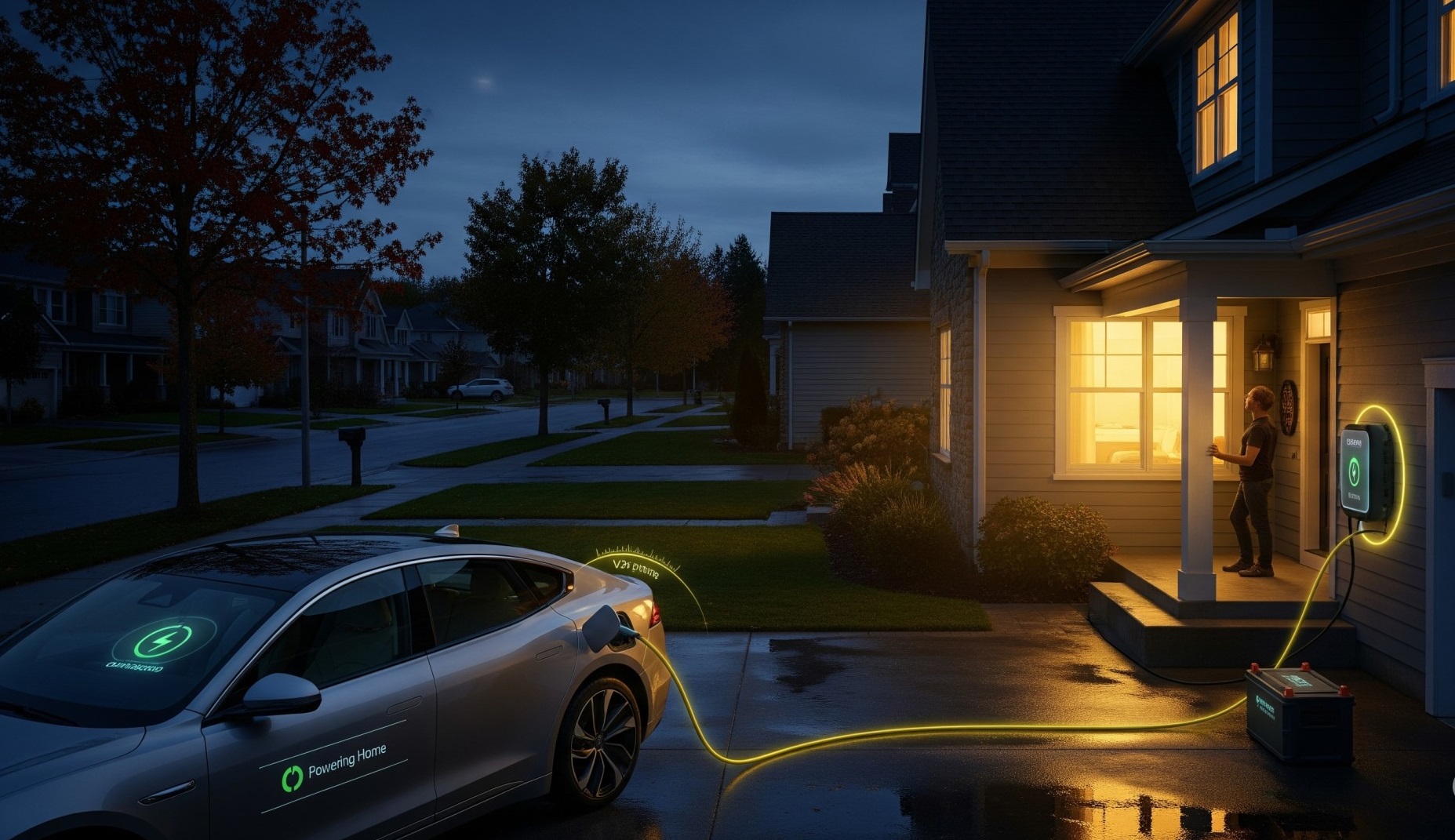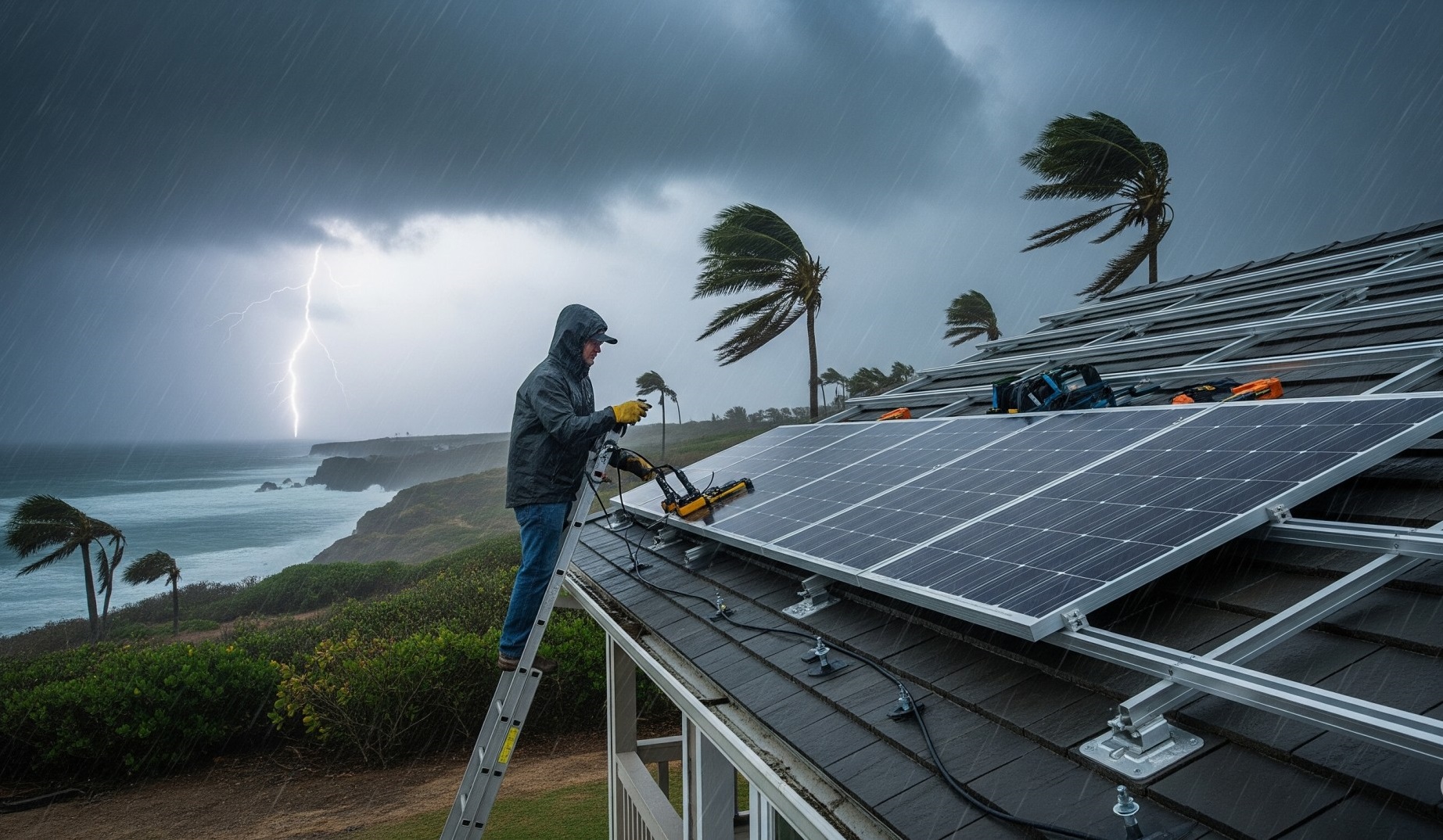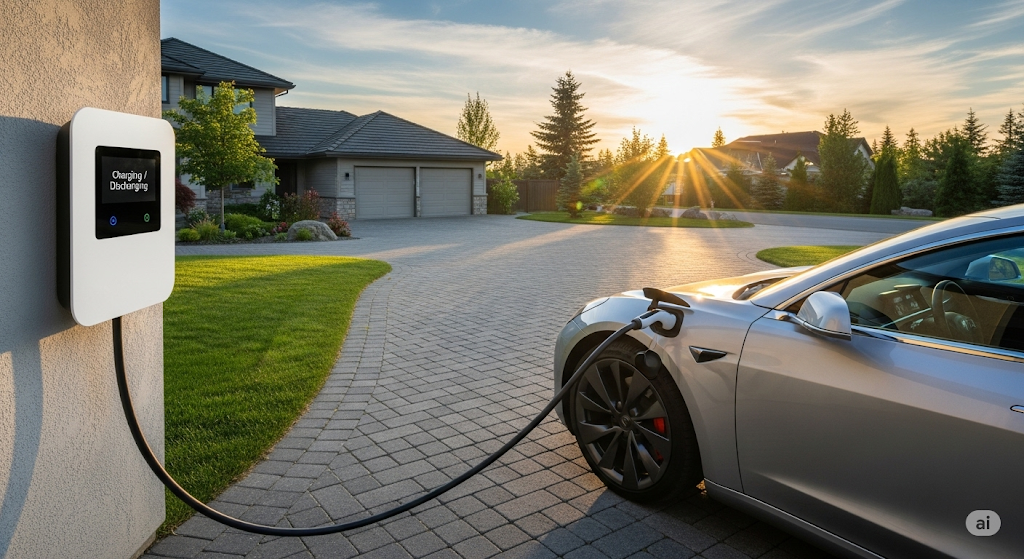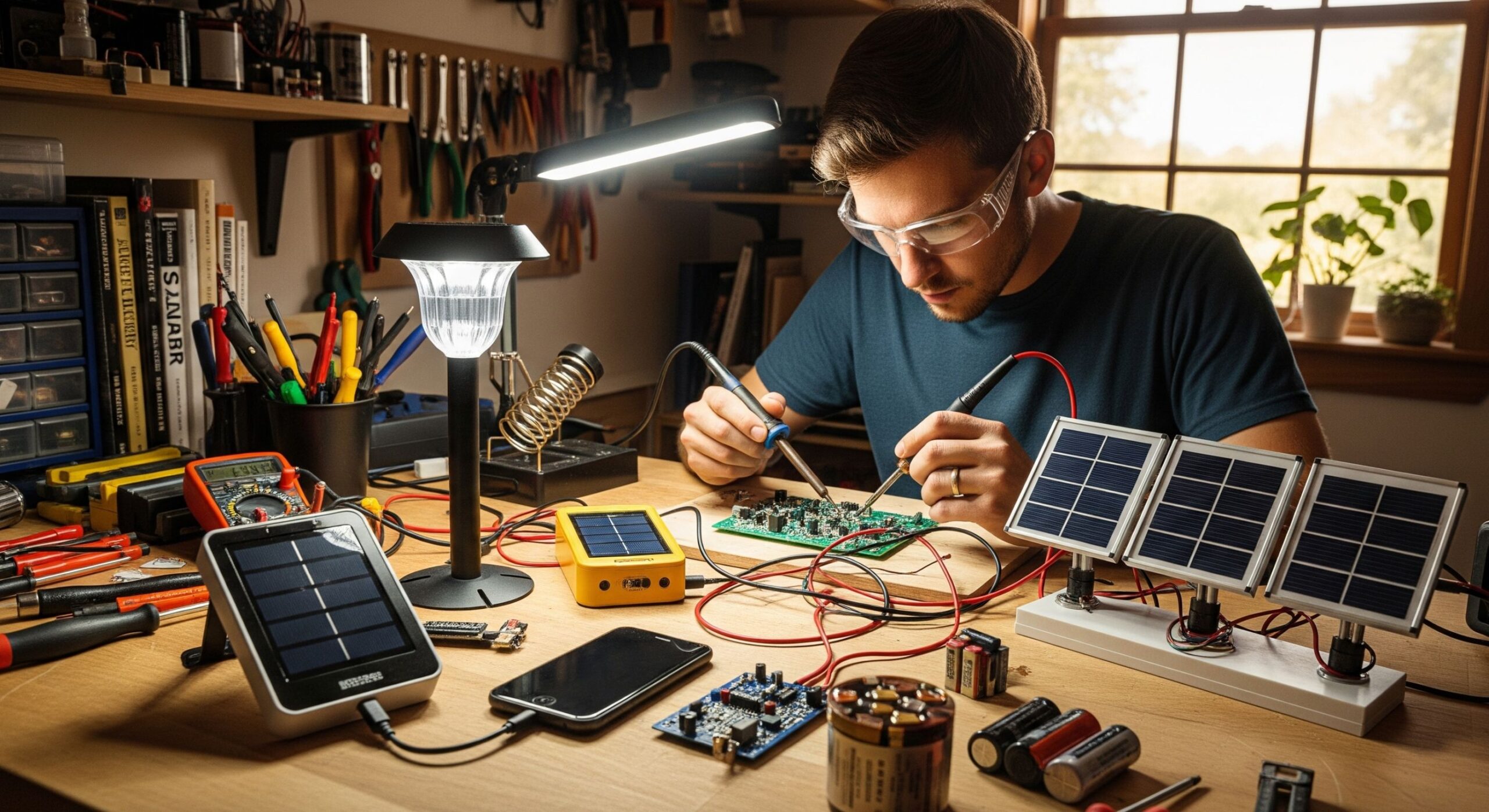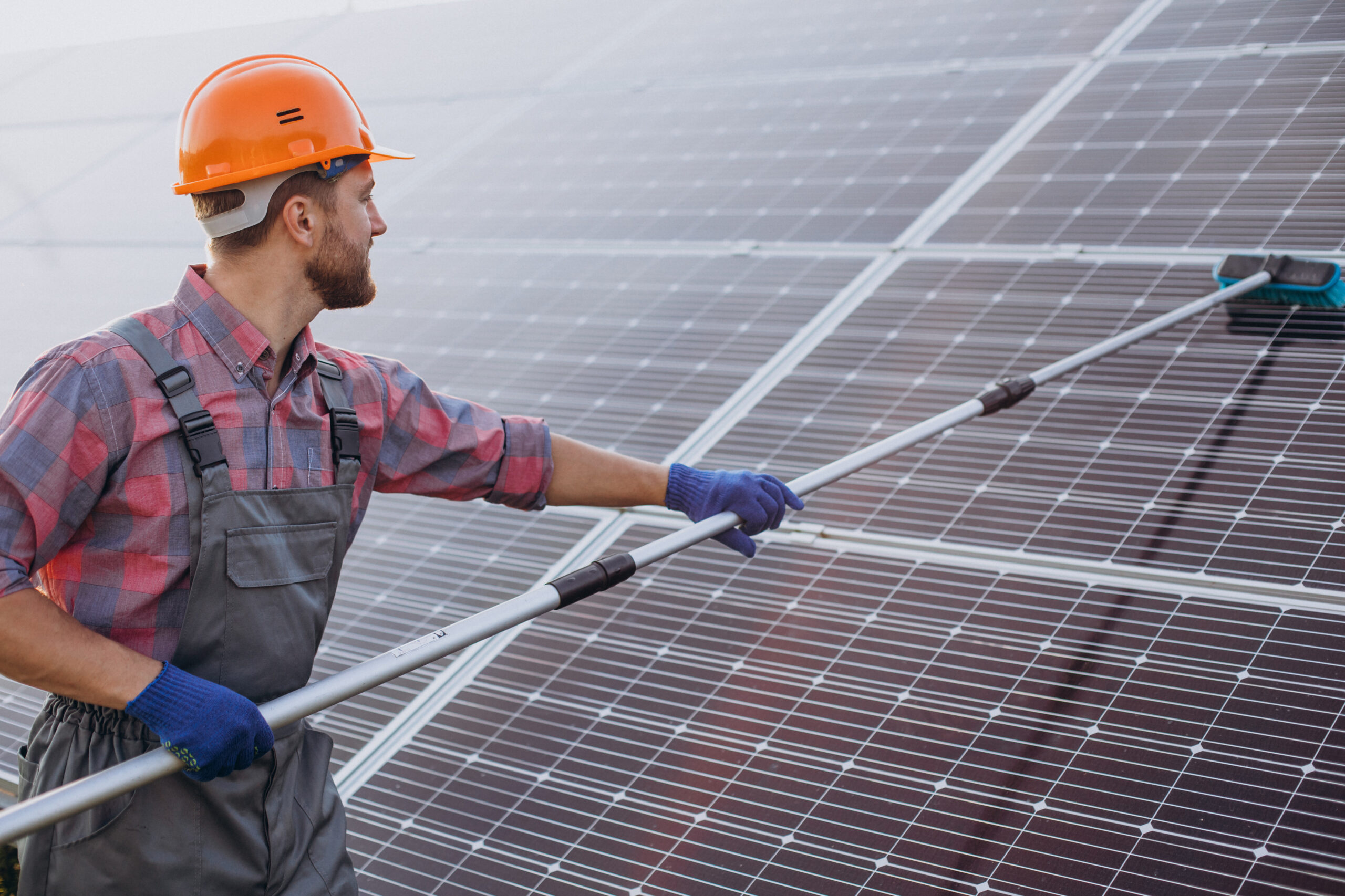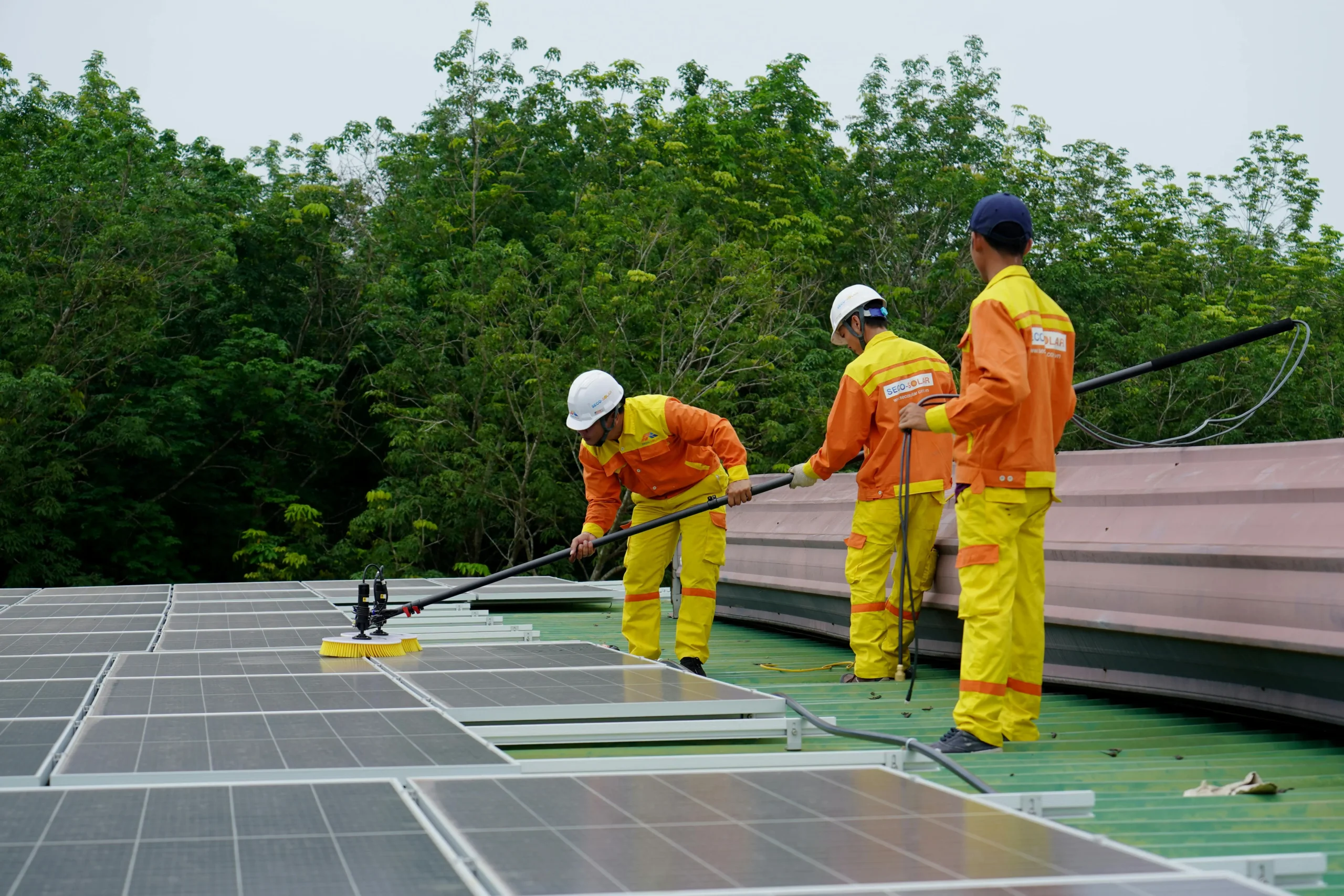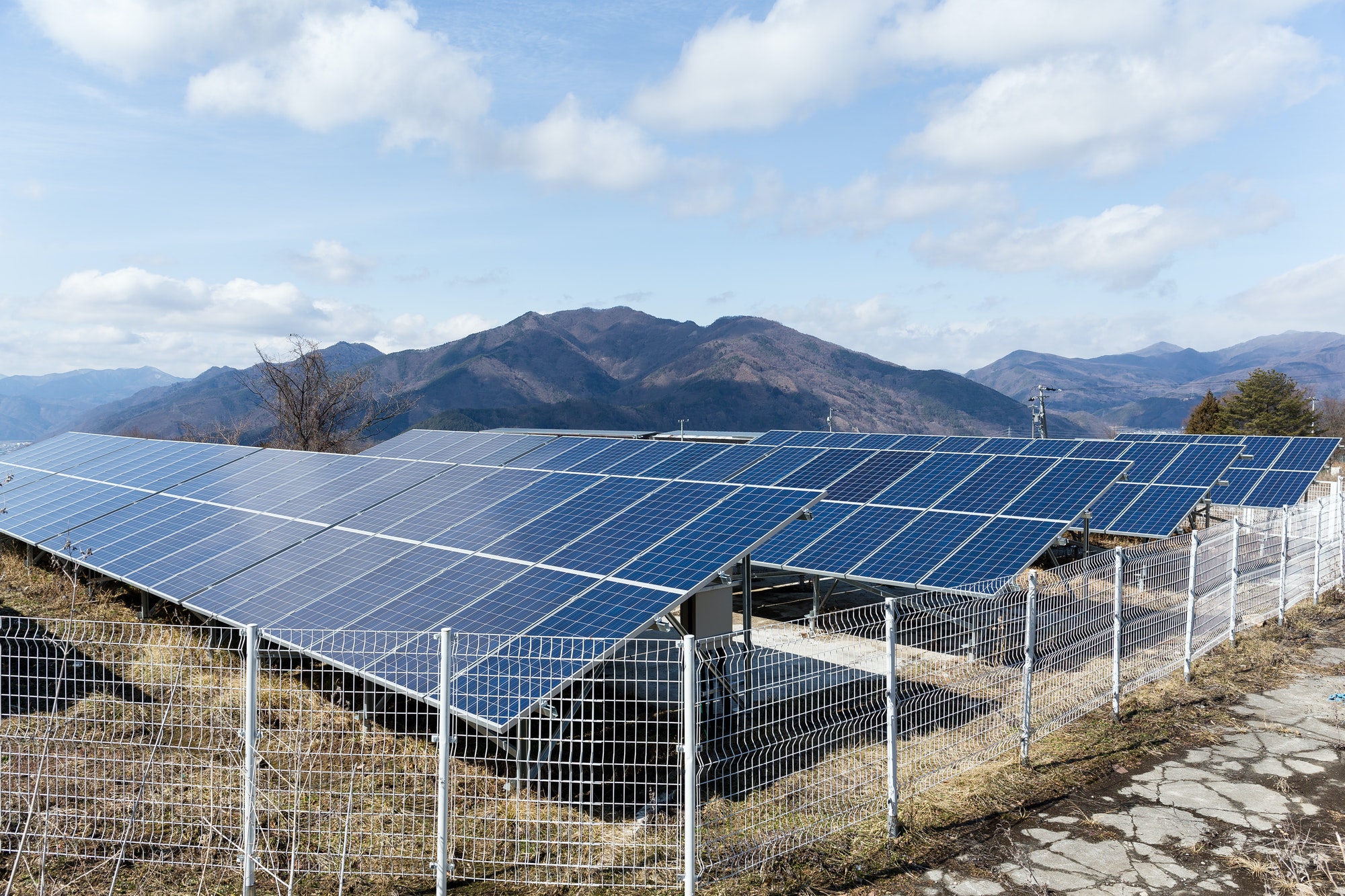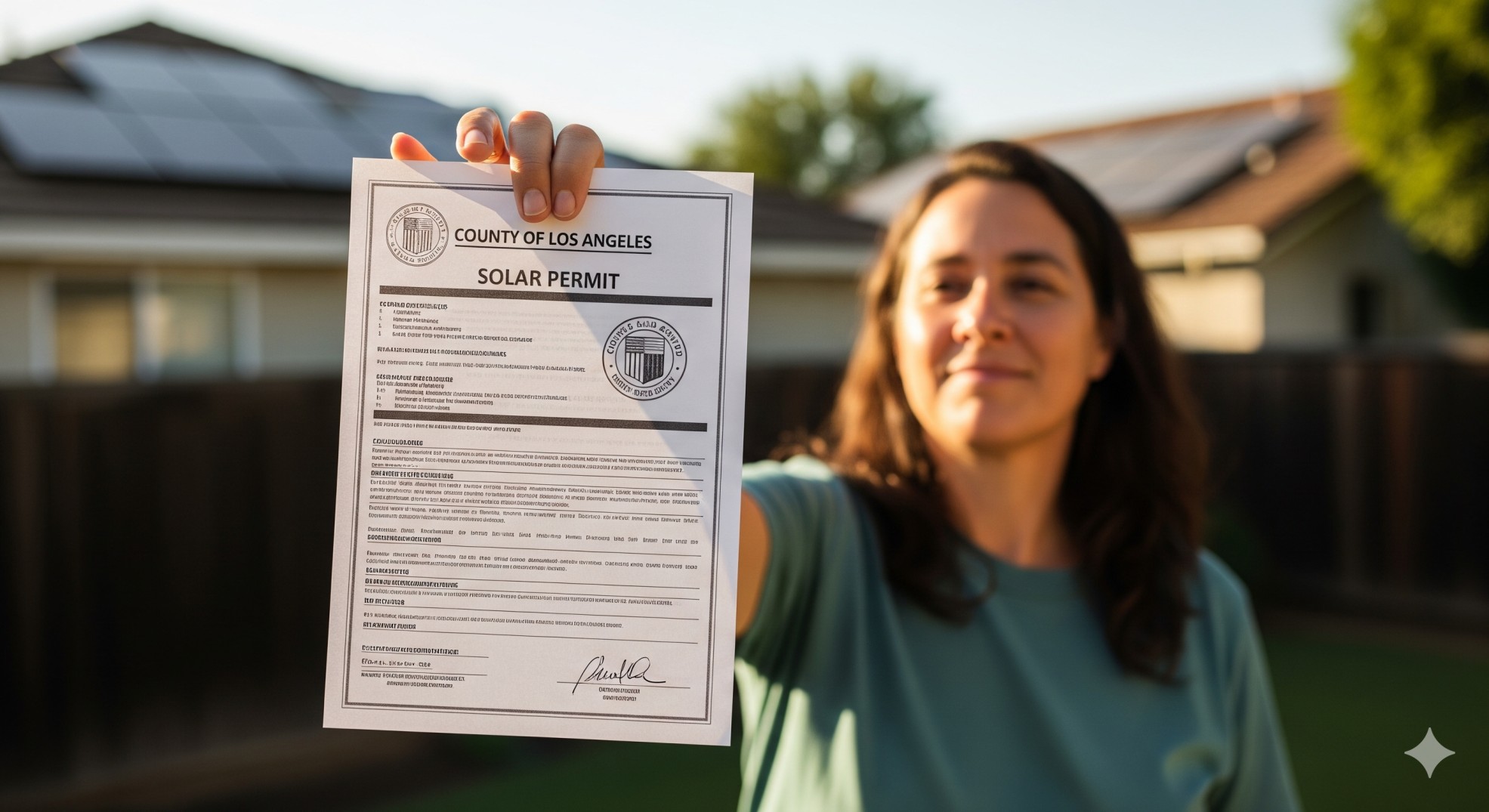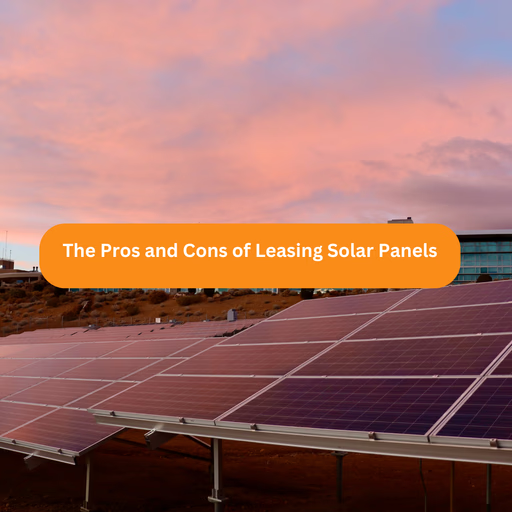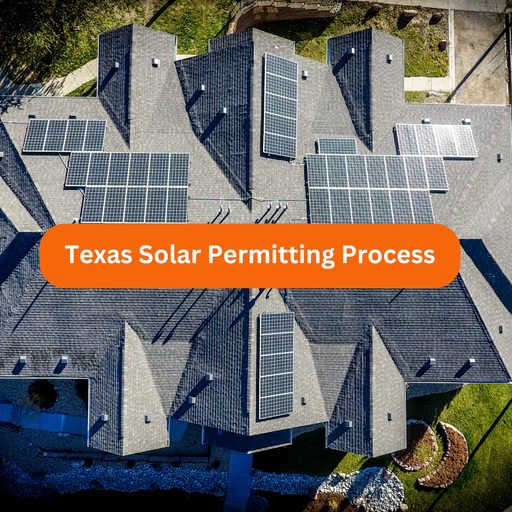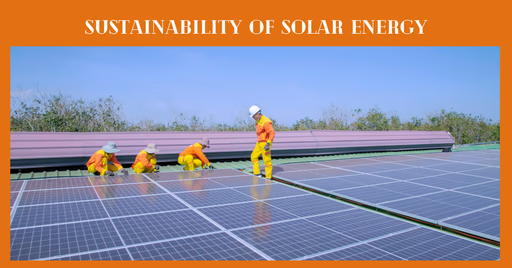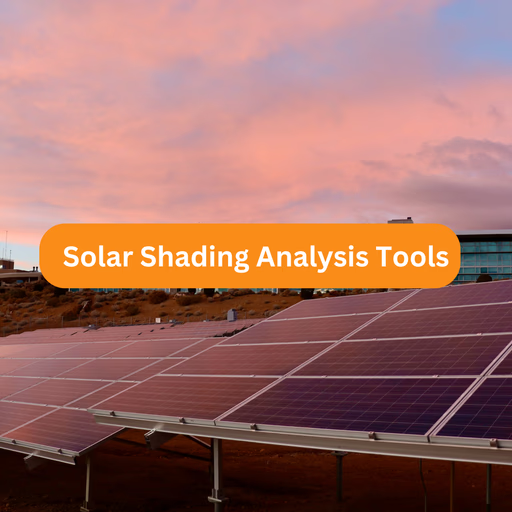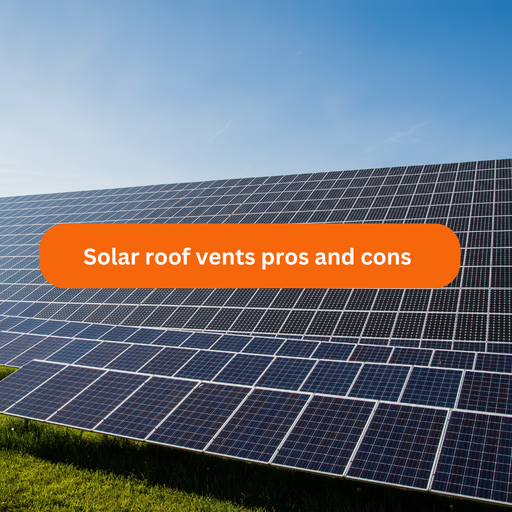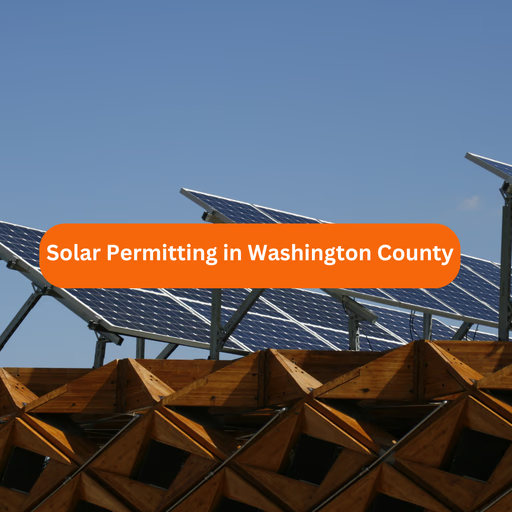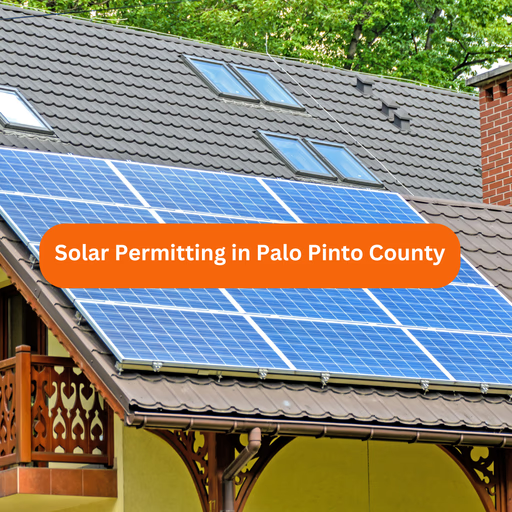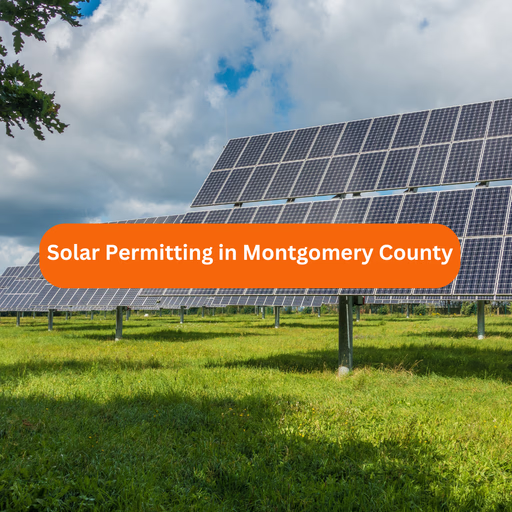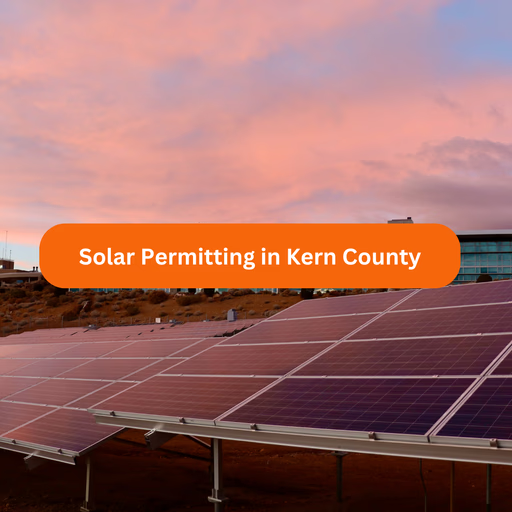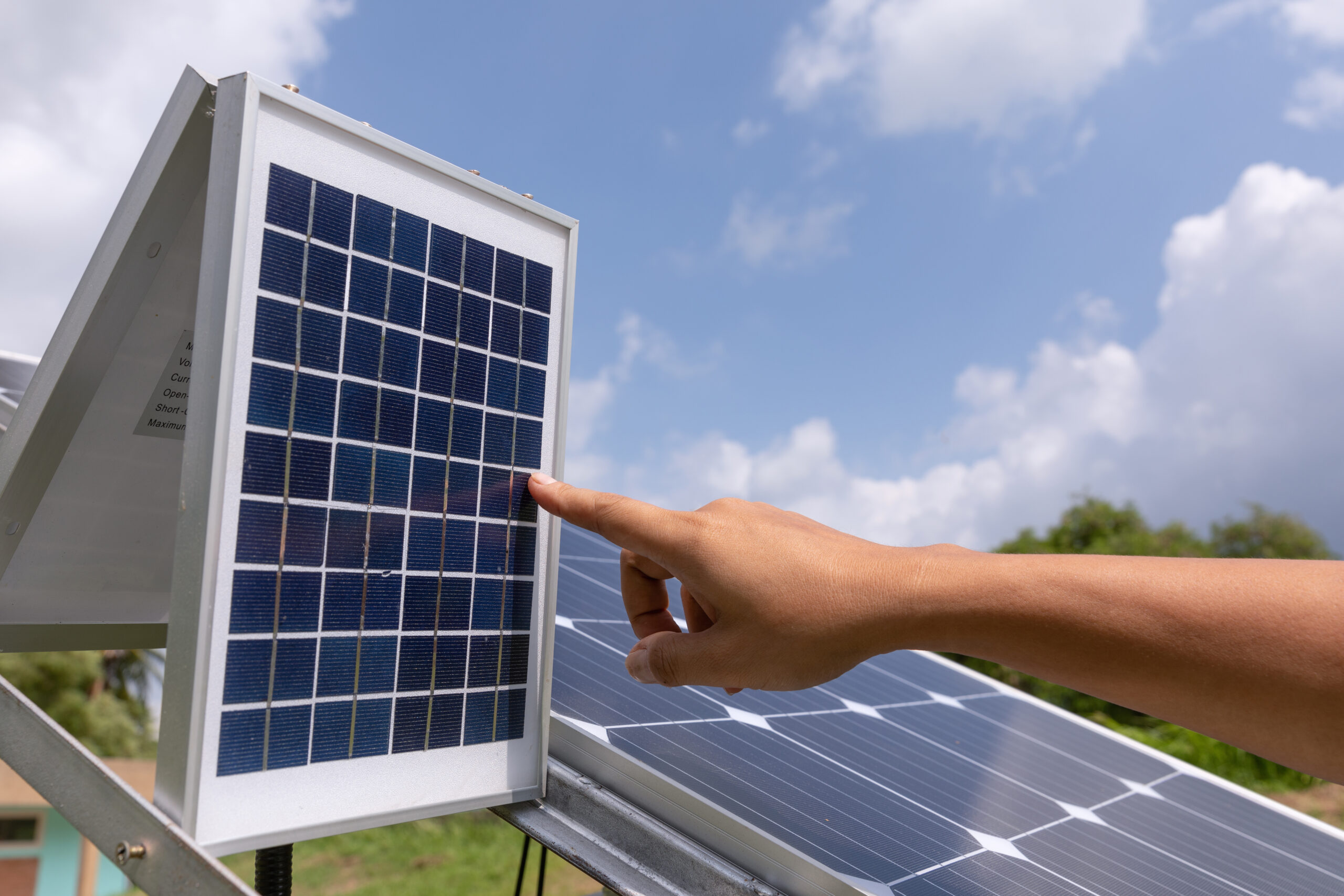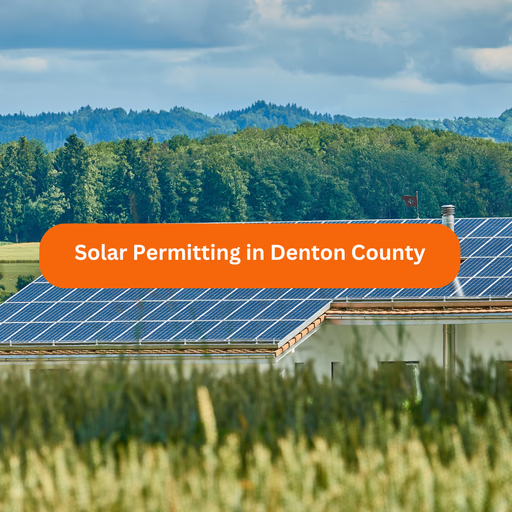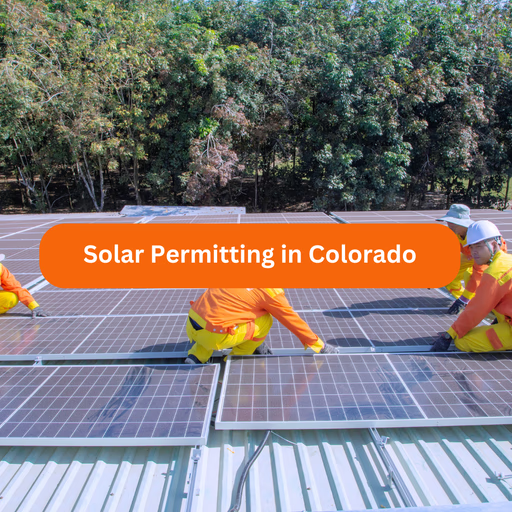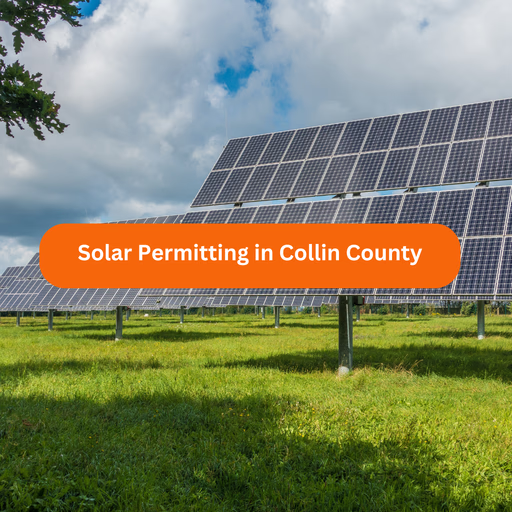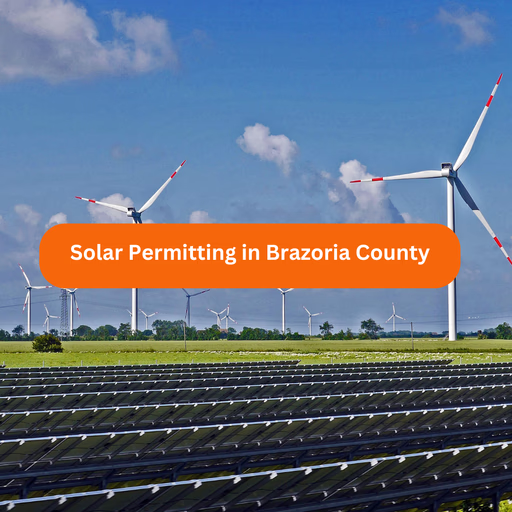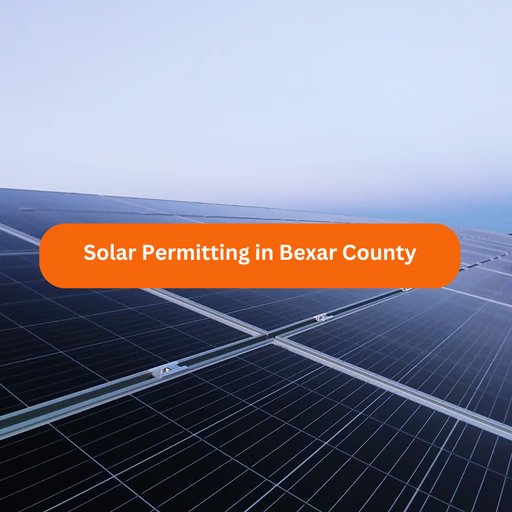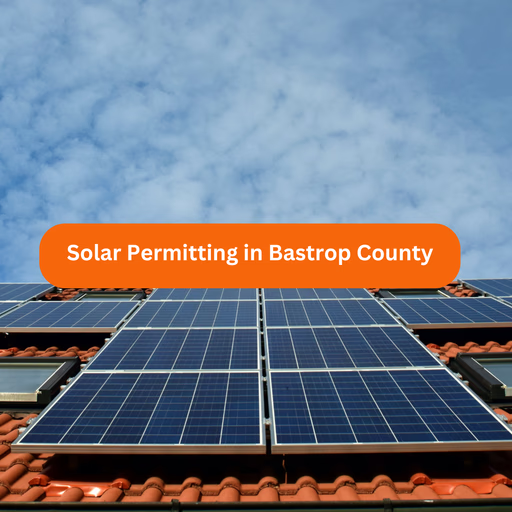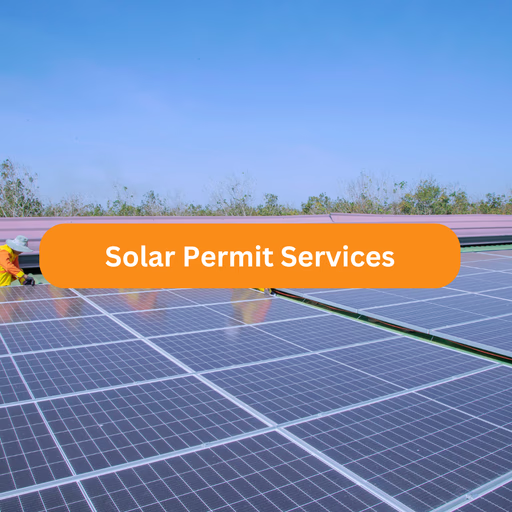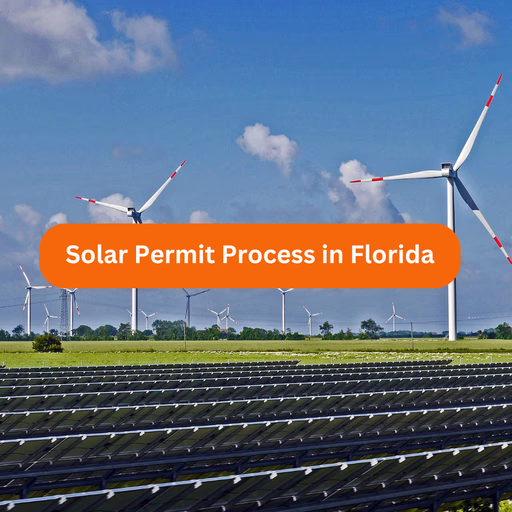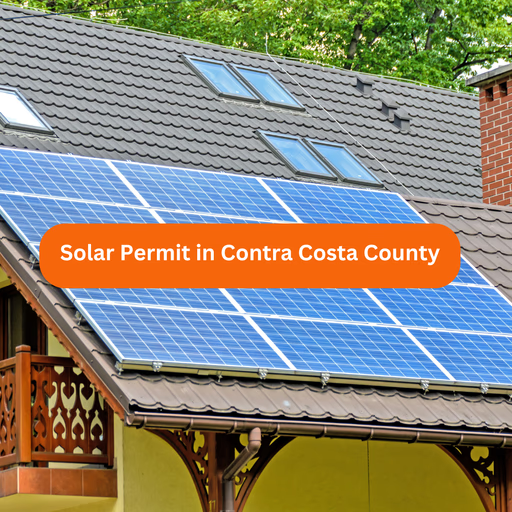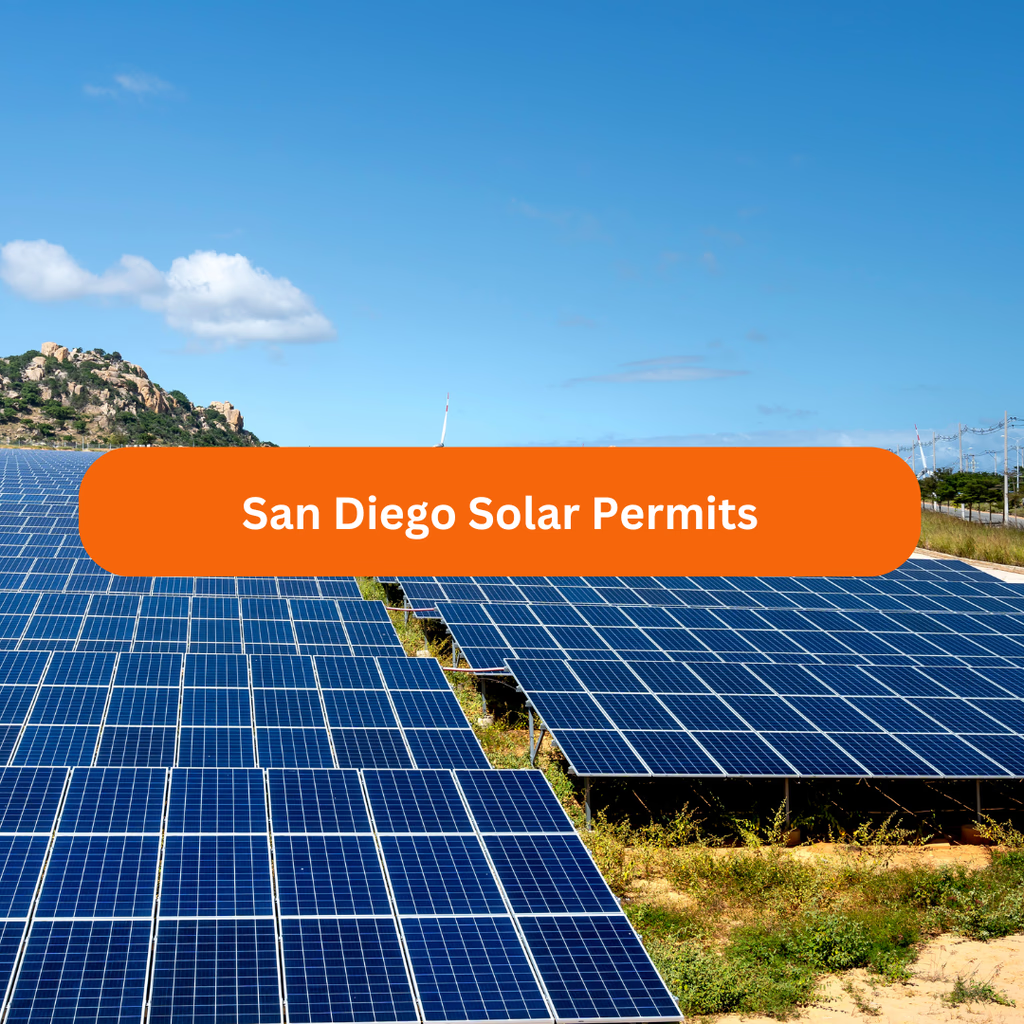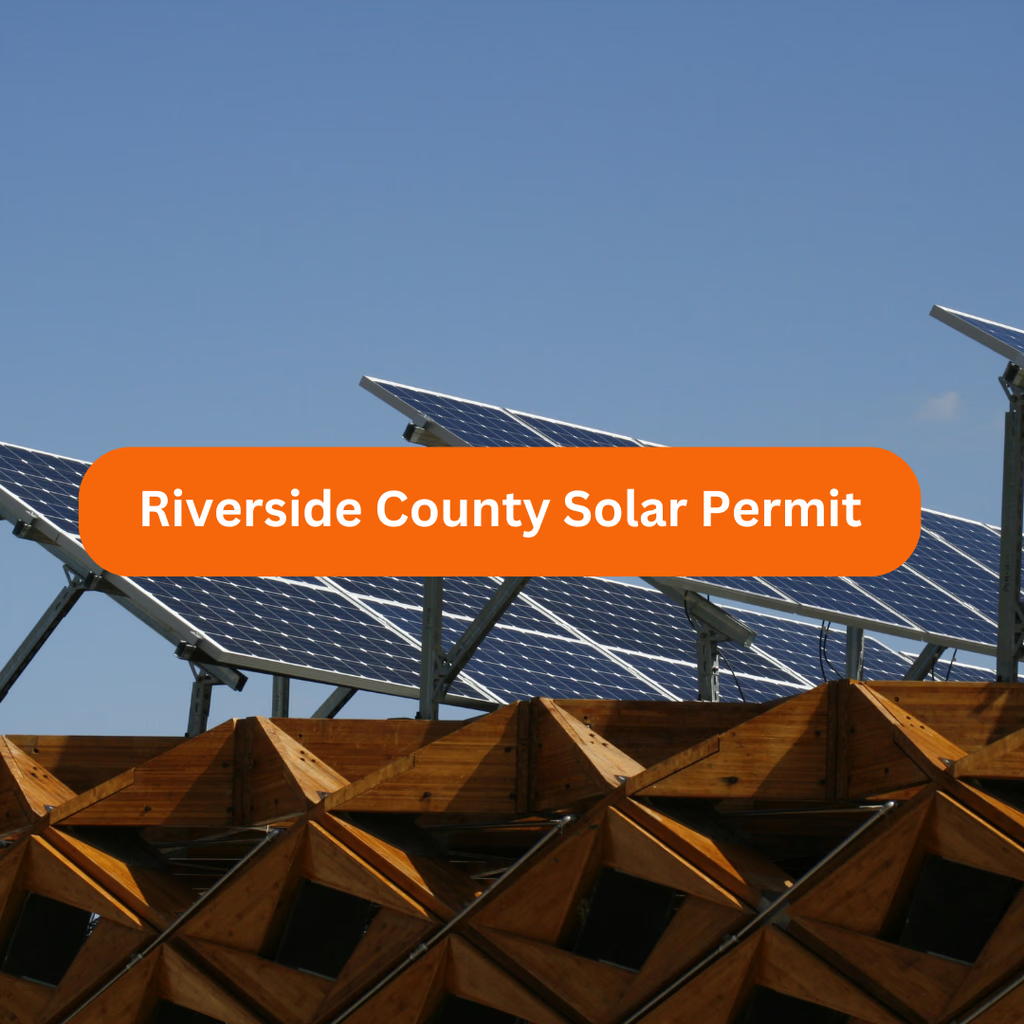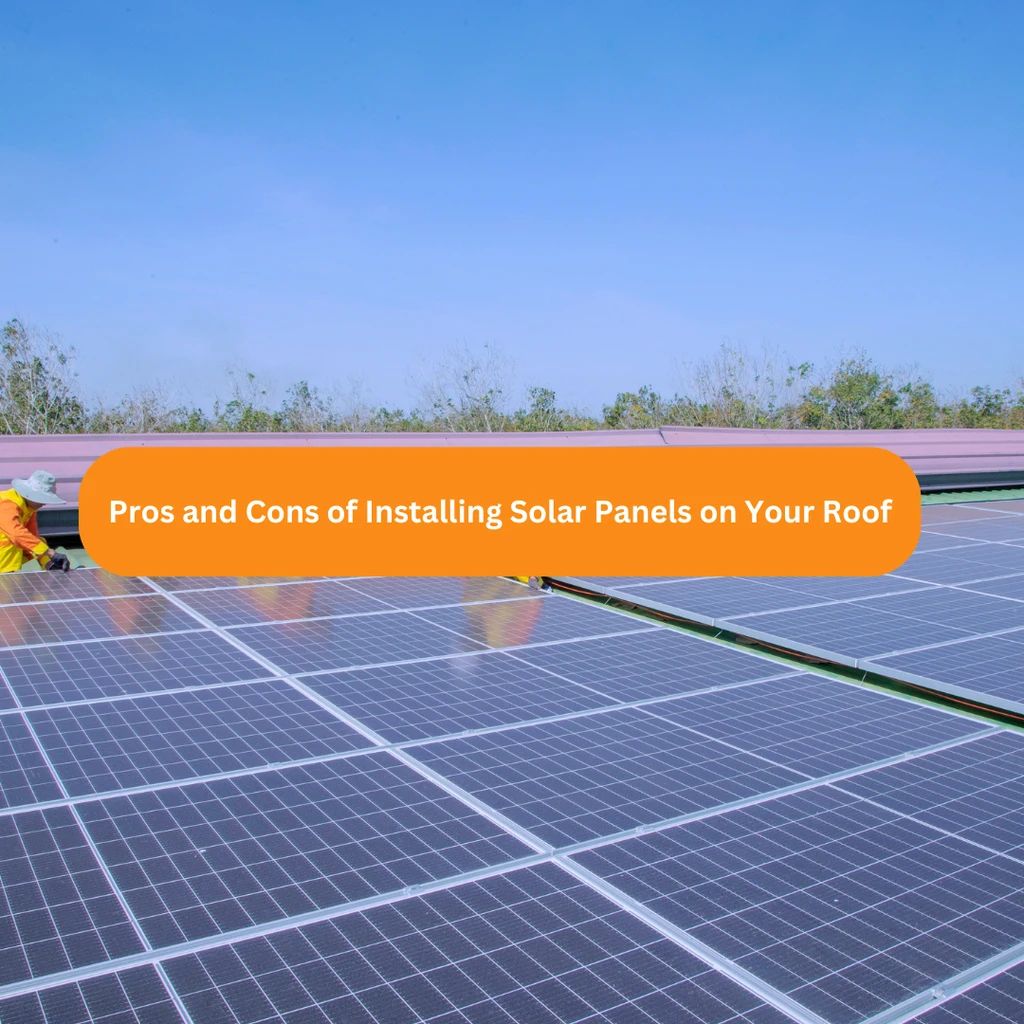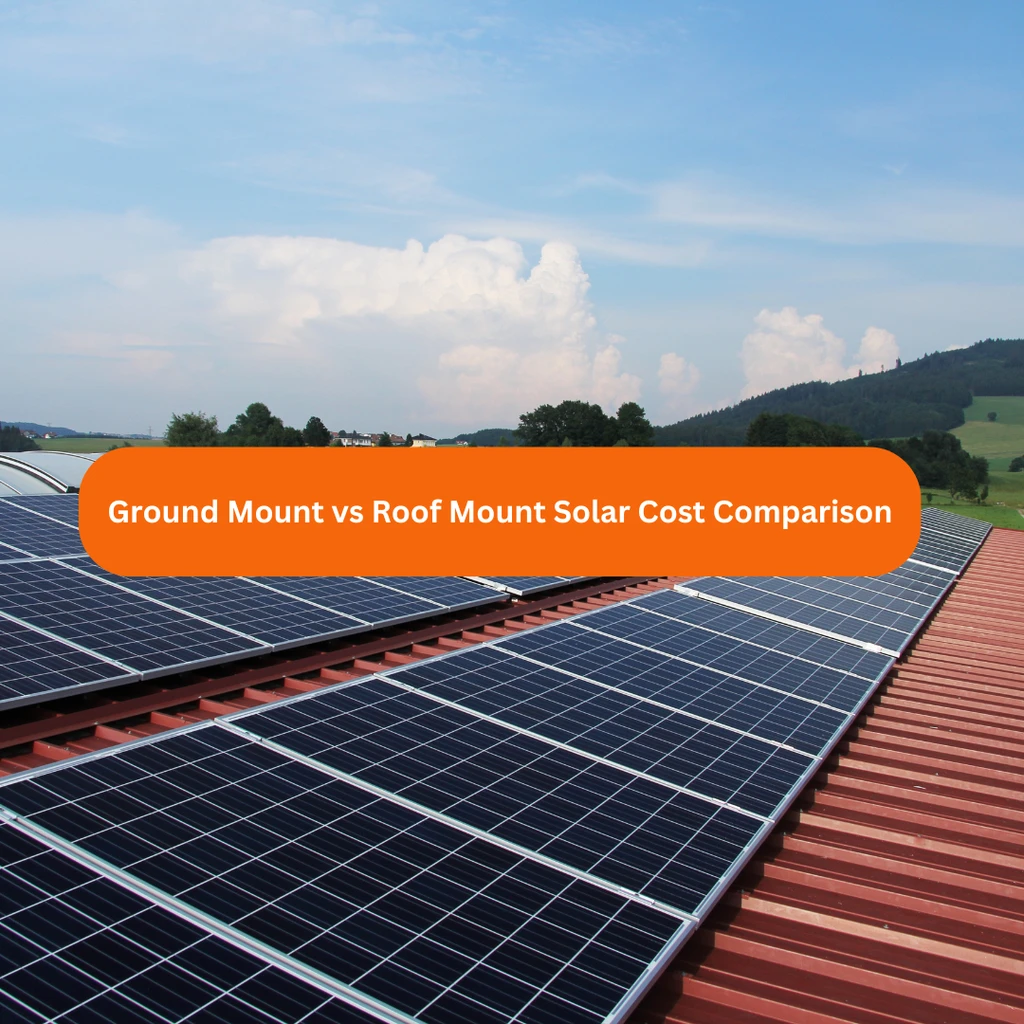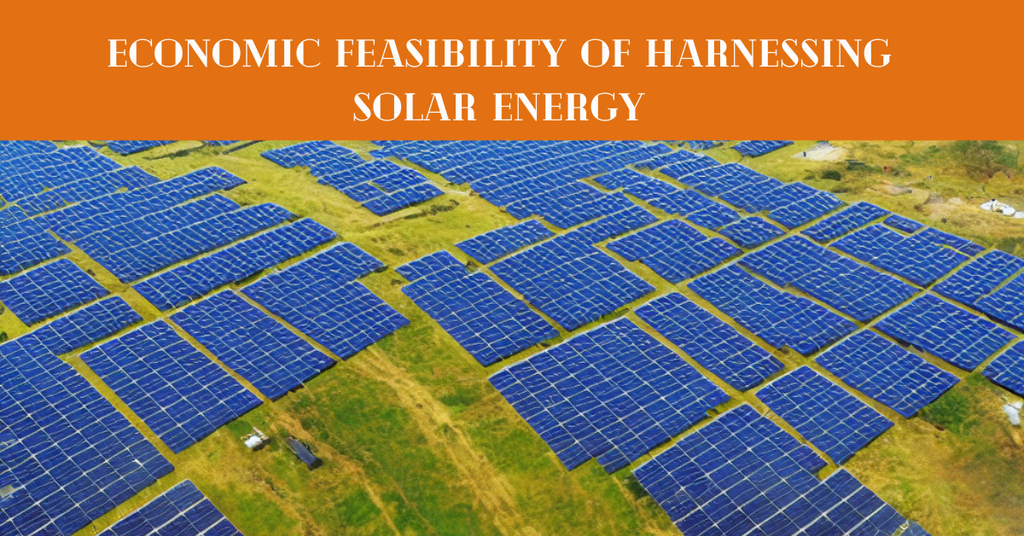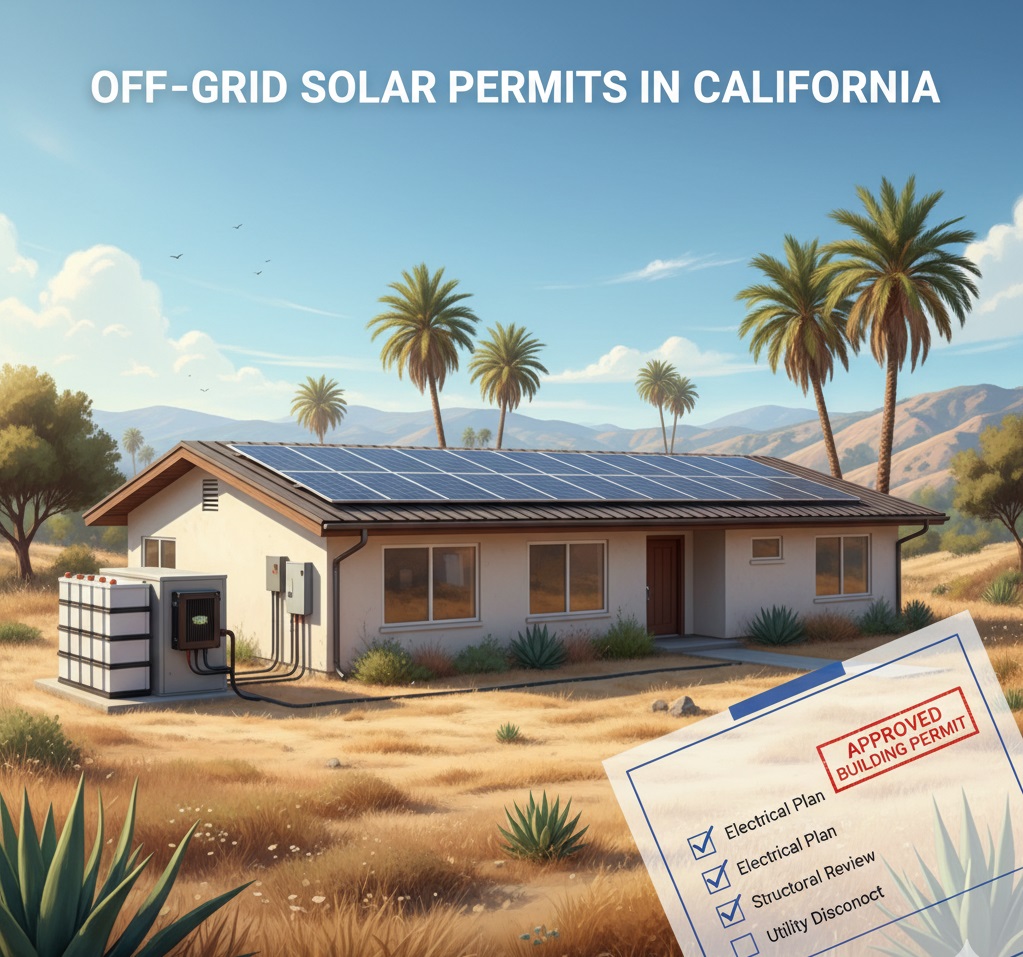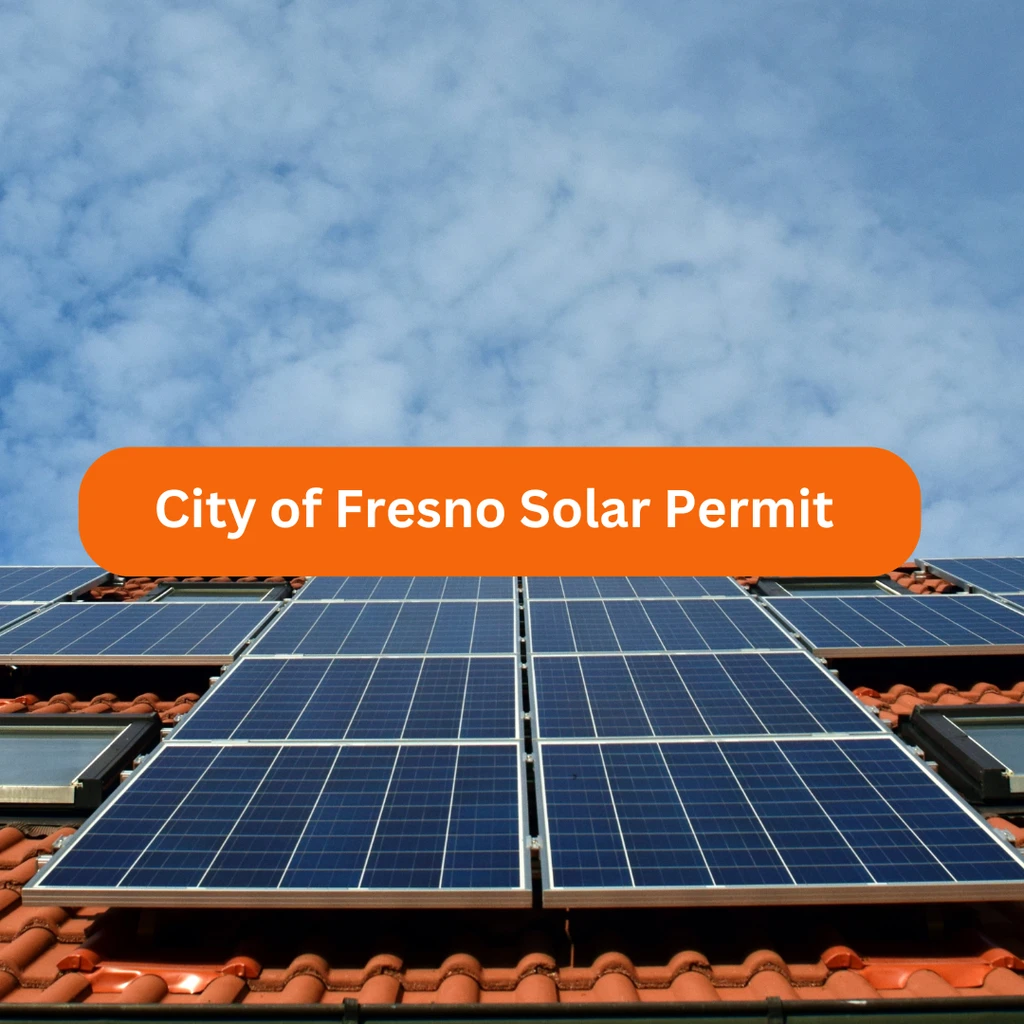When people think about solar panels, the image is usually bright sunshine and cloudless skies. But here’s a common question: what happens when the weather isn’t perfect? Do solar panels in cloudy weather actually work, or do they shut down the moment the sun hides?
The short answer: yes, solar panels still work on cloudy days, but their efficiency changes. Let’s break it down in a simple, fact-based way.
Do Solar Panels Work on Cloudy Days?
Yes — modern solar panels are designed to capture not only direct sunlight but also diffused sunlight, which is light scattered by clouds. While efficiency does drop, solar systems can still generate anywhere from 10% to 25% of their typical output depending on cloud density.
Think of it like charging your phone under a shaded lamp. It’s not as fast as full light, but it still works.
How Efficient Are Solar Panels in Cloudy Weather?
On average, solar panel efficiency in cloudy conditions is reduced by 60–80% compared to clear, sunny days. However, the exact performance depends on several factors:
- Panel Type → Monocrystalline panels generally handle low light better than polycrystalline ones.
- Cloud Thickness → Light overcast vs. heavy storm clouds make a big difference.
- Geography → Areas with frequent clouds (like Seattle or Portland) still rely on solar energy effectively.
- Technology → Modern systems often include microinverters and energy storage to maximize cloudy-day performance.
Real-World Example: Solar in Cloudy Cities
Surprisingly, many cities with frequent cloudy weather still thrive on solar power:
- Germany (one of the world leaders in solar energy) has many cloudy days but still generates a significant portion of electricity from solar panels.
- Seattle, WA and Portland, OR have thousands of homes with solar installations that reduce electricity bills despite frequent rain and cloud cover.
This shows that solar panels in cloudy climates still make sense.
Solar Panels and Energy Storage
One reason solar works even in less sunny areas is because of battery storage. Systems like the Tesla Powerwall or similar solutions let homeowners store excess electricity generated on sunny days and use it when clouds roll in.
This means your home doesn’t “go dark” just because the sky does.
Cloudy Weather vs. Seasonal Changes
It’s important to separate cloudy weather from shorter days in winter.
- In cloudy summer months, panels can still produce meaningful energy because days are long.
- In winter, production is lower not just because of clouds but also shorter daylight hours.
Planning solar panel placement (angle, tilt, orientation) helps maximize performance year-round.
How to Maximize Solar Panel Efficiency in Cloudy Weather
If you live in a region with frequent overcast days, here are some tips:
- Invest in high-efficiency solar panels (monocrystalline works best).
- Consider solar tracking systems that adjust panel angles throughout the day.
- Pair your system with solar batteries to store excess power.
- Keep your panels clean — dust and debris reduce efficiency even more when sunlight is already limited.
- Explore net metering policies so you can send excess energy back to the grid when it’s sunny and pull from the grid when it’s not.
Benefits of Solar Panels in All Weather
Even if your city has mixed weather, solar still pays off because:
- You save money on electricity bills year-round.
- Net metering lets you “sell back” excess sunny-day energy to the grid.
- Solar panels require little maintenance.
- Federal and state tax credits make installations more affordable.
Final Thoughts: Do Solar Panels Work in Cloudy Weather?
Yes — solar panels do work on cloudy days, just at a reduced efficiency. With better technology, smart inverters, and energy storage, solar has become reliable even in areas that aren’t always sunny.
If you’re considering switching to renewable energy in the US, don’t let the weather stop you. Cloudy or not, solar panels remain one of the smartest investments for energy savings and sustainability.
❓ FAQ
Q1: Do solar panels work at night?
No — solar panels don’t produce electricity at night because they need sunlight. However, energy stored in solar batteries during the day can power your home after dark.
Q2: How much electricity do solar panels produce on cloudy days?
Typically 10–25% of what they generate on sunny days. The exact amount depends on cloud thickness, panel type, and system design.
Q3: Which solar panels are best for cloudy weather?
Monocrystalline panels are generally more efficient in low-light conditions than polycrystalline panels. Some premium models also have better low-light performance ratings.
Q4: Is solar power worth it in cloudy states like Washington or Oregon?
Yes. Even in states with frequent cloud cover, solar panels still reduce electricity bills. Plus, federal tax credits and net metering improve ROI.
Q5: Can solar panels overheat in sunny weather?
Yes, extremely high temperatures can reduce panel efficiency slightly. In this sense, mild, cloudy days can sometimes be more efficient than extremely hot, sunny days.

